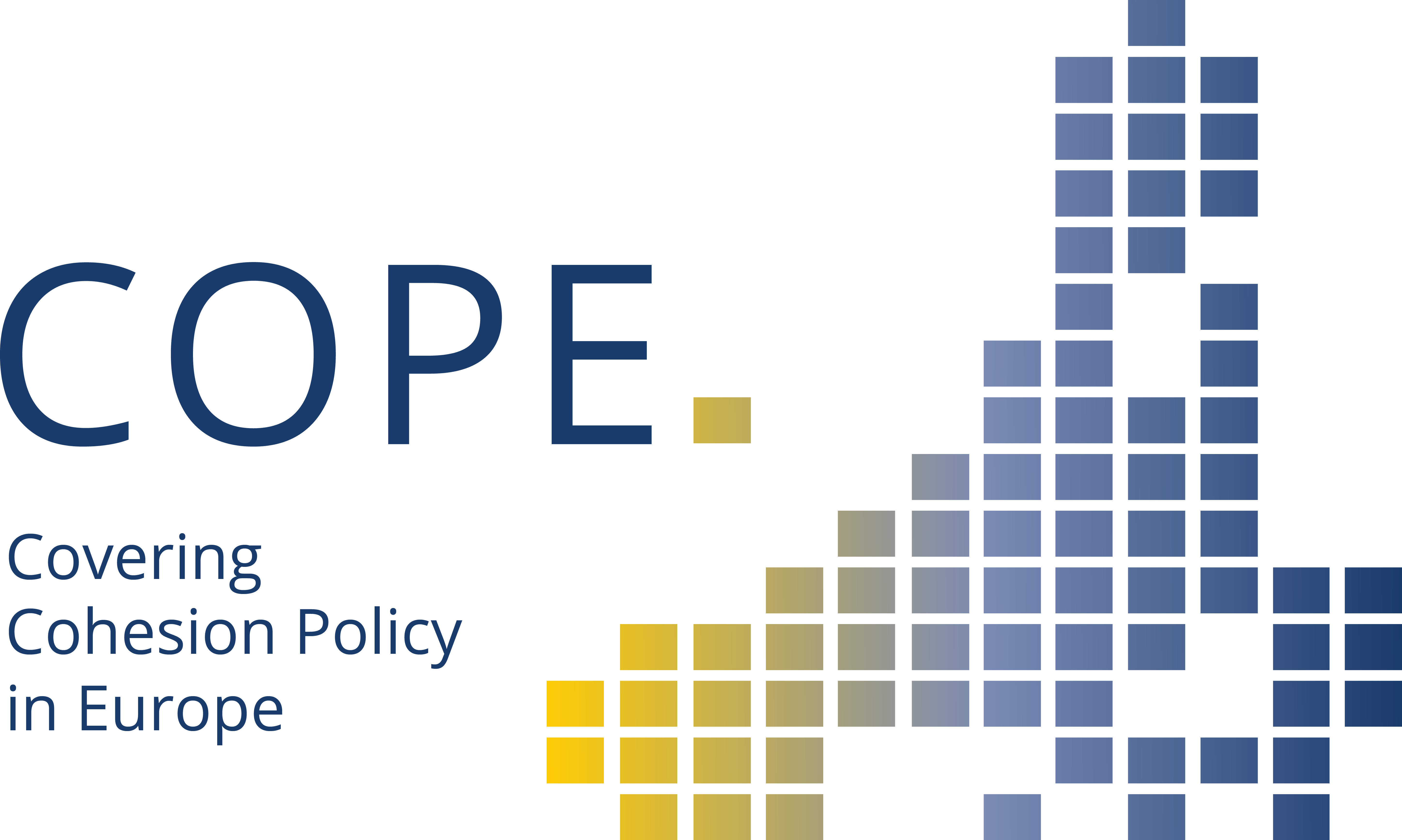The Institute of Journalism at TU Dortmund University is Germany’s leading institute for university-based journalism education. Hundreds of graduates of the Institute of Journalism work as journalists in Germany’s media, many of them in management positions. Eight professors, a training newsroom, an affiliated licensed television channel and an institute of international journalism: the technological environment at the Institute of Journalism at TU Dortmund University, along with outstanding study facilities and an excellent student-teacher ratio are unique in Germany. From radio to TV, online, social media and data journalism, classes cover all sectors of the media industry. Courses offered cover an impressively broad spectrum – from investigative journalism, crisis and war coverage to applied media research. Students gain expert knowledge in all areas of communication science, meaning the Institute of Journalism covers both theory and practical elements. Through numerous research projects in communication and journalism studies, the Institute of Journalism also enriches both academic and public debates.

Prof. Susanne Fengler, Chair/Full Professor International Journalism and COPE Consortium leader
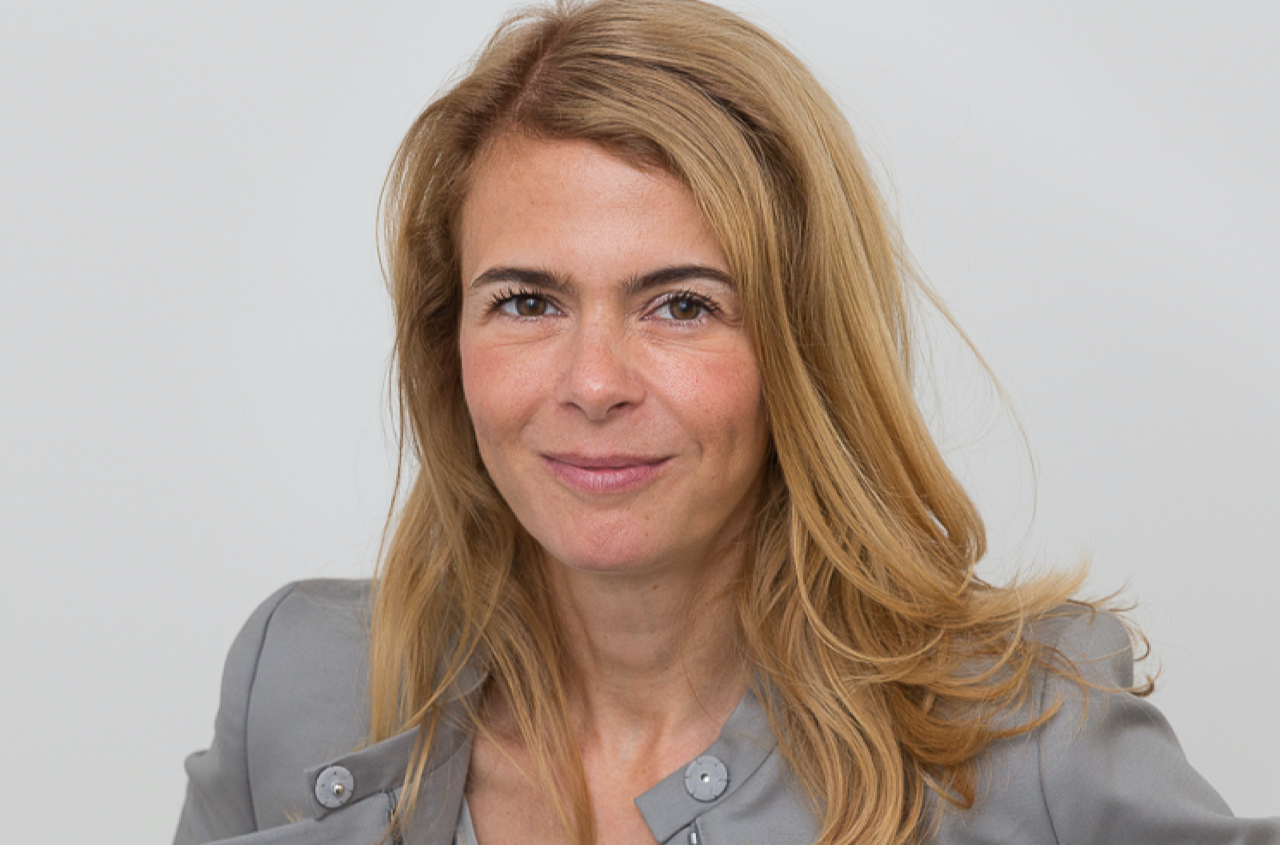
Prof. Dr. Susanne Fengler has directed numerous large-scale international research and teaching projects, among them the EU FP7 research project Media Accountability and Transparency in Europe, and the international graduate school MEDAS-21, with funding from the Volkswagen Foundation. She has co-written and -edited the UNESCO Handbook for Journalism Educators Covering Migrants and Refugees (2021), which has been translated into five languages. Her highly active world-wide networks of academic partners has resulted in research projects appearing in world-leading publishing houses and journals; see most recently the 44-country analysis: Fengler, S. et al. (eds.) (2022): Global Handbook of Media Accountability. New York, London: Routledge.
Isabella Kurkowski M.A., Managing Director
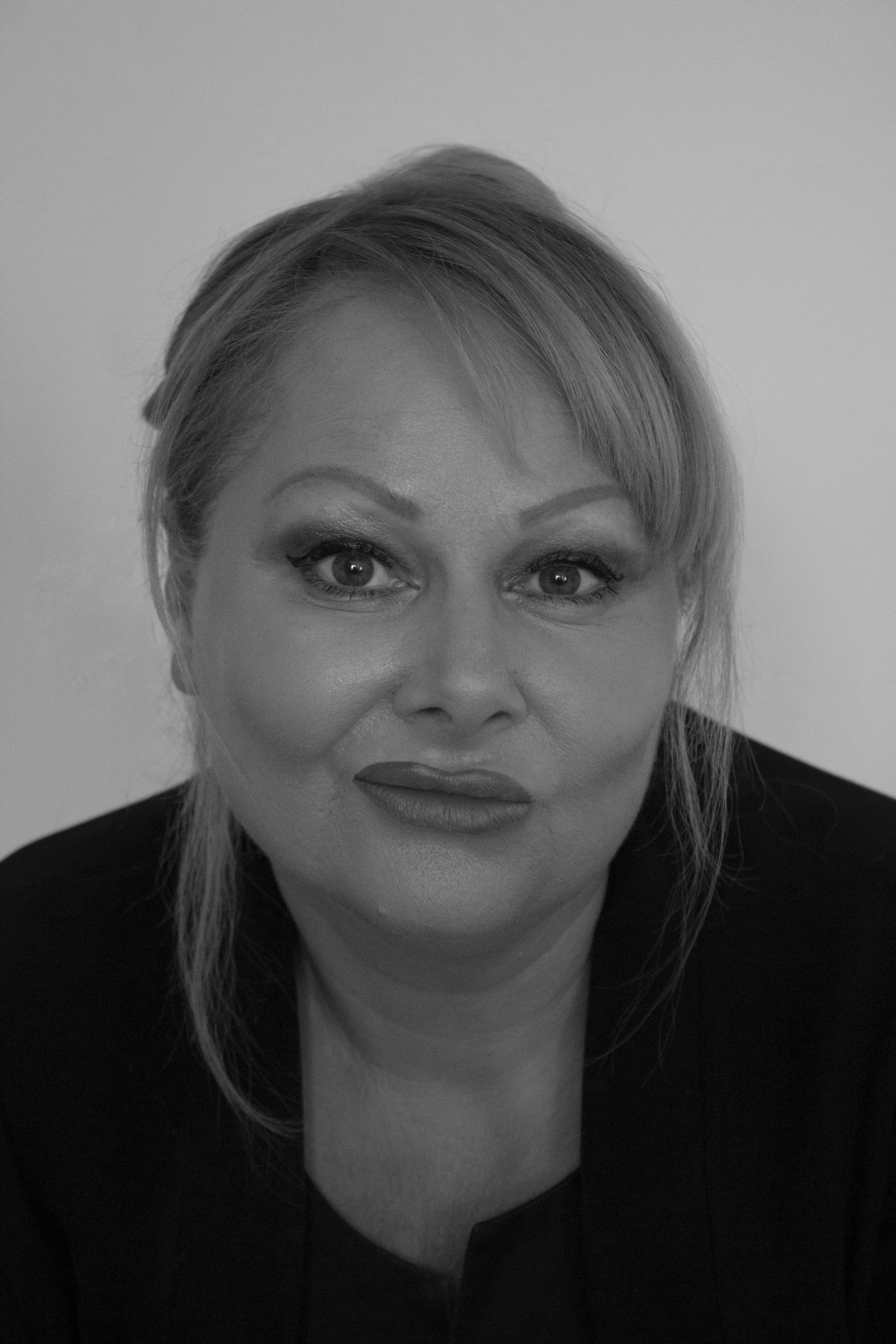
Isabella Kurkowski is the Managing Director of COPE and an senior researcher at the TU Dortmund University, Germany. Kurkowski is since 20 years responsible for the coordination and implementation of large media development programmes. She worked from 2014-2019 as Country Representative of DW Akademie in Myanmar and from 2007-2013 as by the German Agency for International Cooperation GIZ seconded long-term Media Expert Advisor to the Executive Director of the Press Council in Bosnia and Herzegovina. Prior to this, from 2003-2007 she was a Media Programme Manager for the Stability Pact for South East Europe under the EU Media Task Force. Kurkowski is providing consultancy related to Media Accountability and Media Development towards the OSCE, UNESCO, European Commission as well as the Council of Europe.
Prof. Henrik Müller, Chair/Full Professor of Economic Policy Journalism
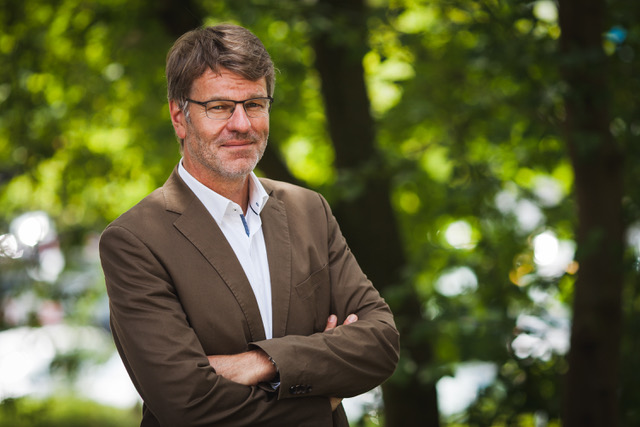
Henrik Müller has gained professional experience at various media, his last position was deputy editor-in-chief at the German business monthly “manager magazine”, an affiliate of Der Spiegel. He has been honored with several journalism awards. Since 2013 he is Professor of Economic Policy Journalism at the TU Dortmund University, directing the Bachelor programme “Economic Policy Journalism” and the Master programme “Economics & Journalism”. Müller is also co-head of the multidisciplinary research collaboration Dortmund Center for data-based Media Analysis (DoCMA).
Prof. Christoph Schuck, Chair/Full Professor of Political Science, Department of Philosophy and Political Science
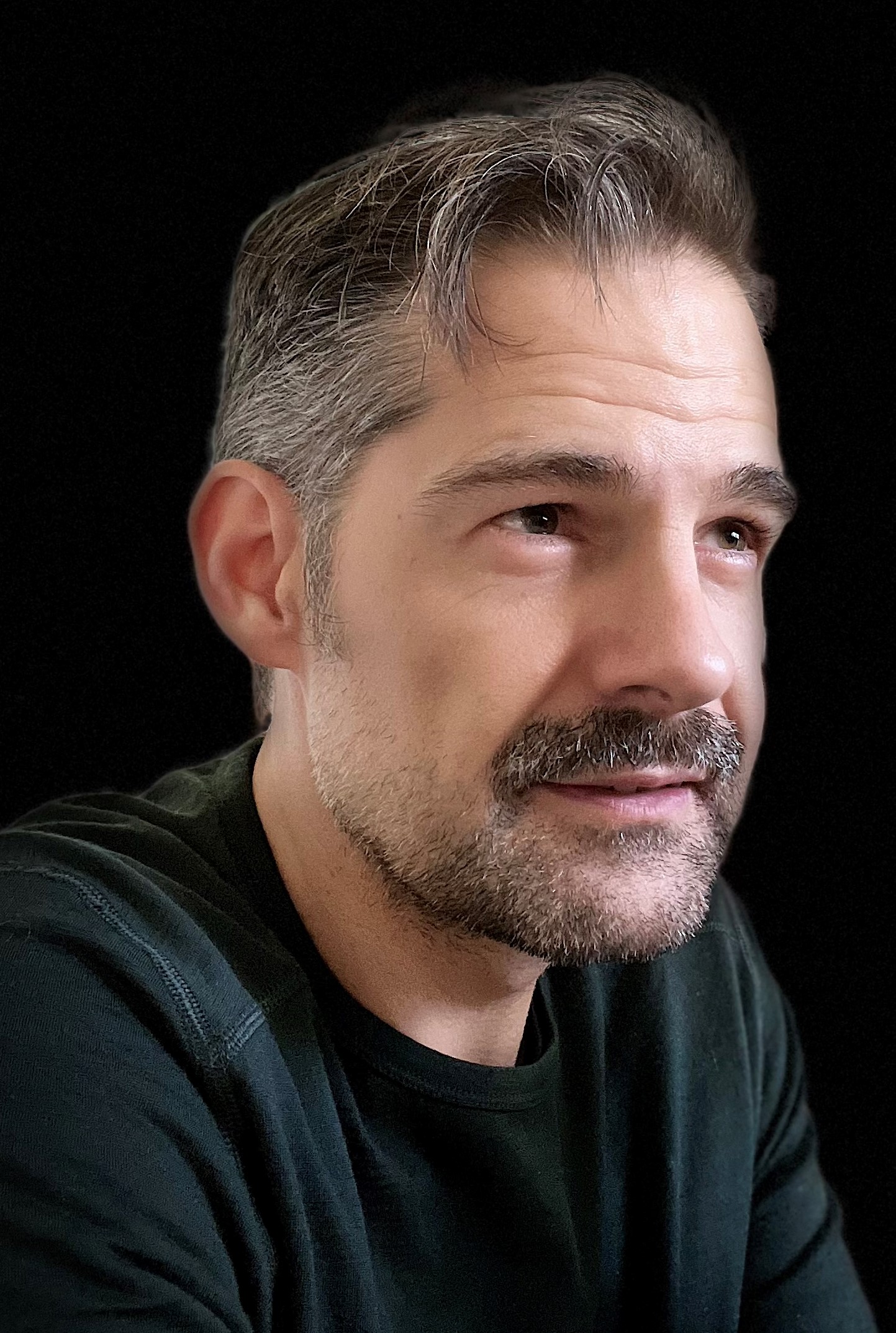
Christoph Schuck is Chair/Full Professor of Political Science, Department of Philosophy and Political Science at TU Dortmund University (since 2013). He is furthermore Dean of the Faculty of Humanities and Theology at the TU Dortmund University (since 2016). Christoph Schuck is since 2019 the Co-Spokesperson of the “Graduate School on Political Cohesion (GSPC)” at TU Dortmund University and University of Bochum. Other research programmes under his coordination have been funded by VolkswagenStiftung, e.g. “Between Stability and Transformation: Regional and Transnational Cooperation in Central Asia and between Central Asia and Europe” from 2016-19.
Richard Brandt B.A., Academic researcher
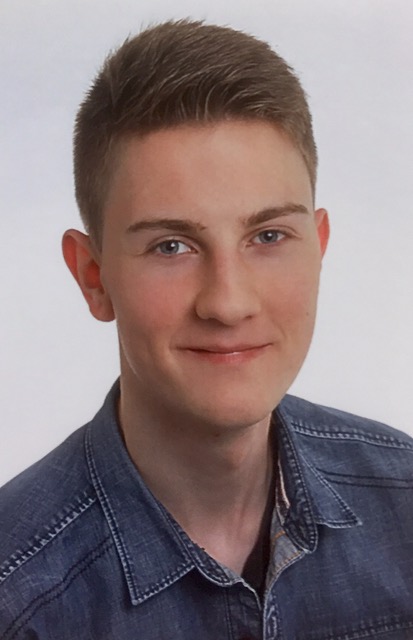
Richard Brandt is an academic researcher at the Institute of Journalism and the Erich Brost Institute for International Journalism at TU Dortmund University. He holds a B.A. in Economic Policy Journalism from TU Dortmund and is currently enrolled in the Master programme Economics and Journalism at TU Dortmund. He works as a freelance journalist for the German radio station 1LIVE and the German business magazine FOCUS-MONEY, and has previously gained journalistic experience at several local and regional newspapers in Germany. In 2020/21, he studied International Video Journalism at the Danish School of Media and Journalism in Aarhus, Denmark. Within COPE, he is responsible for the preparation of two modules and for different coordination tasks.
Anna-Carina Zappe M.A., Research assistant
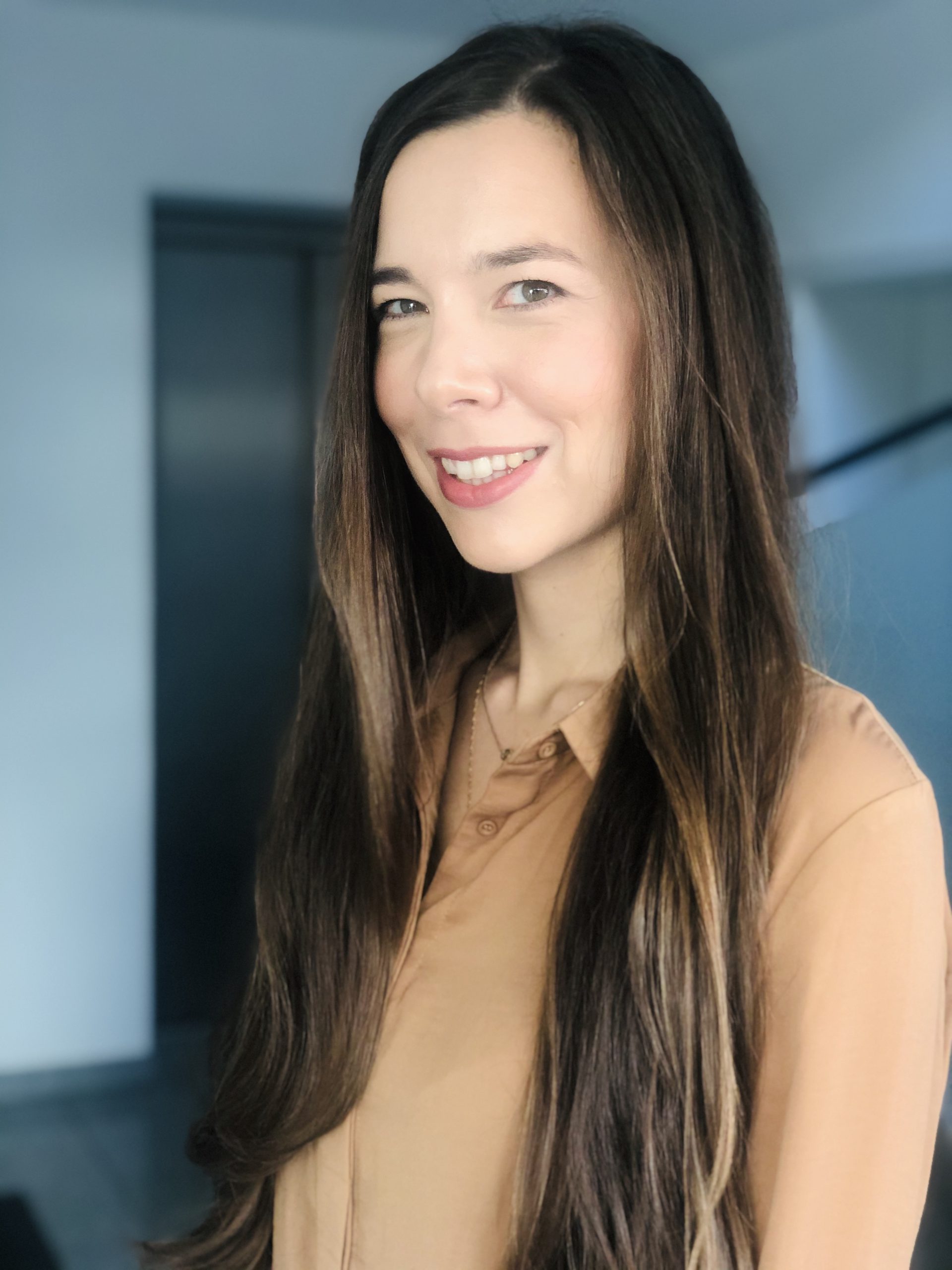
Anna-Carina Zappe is a research assistant at the Institute of Journalism and the Erich Brost Institute for International Journalism at TU Dortmund University. She has been the Erich Brost Institute team leader in developing the German E-Learning modules covering topics of migration, forced displacement, and integration commissioned by the German Federal Chancellery www.medien- migration-integration.de. Zappe has co-edited the “Handbook for Journalism Educators: Reporting on Migrants and Refugees” Journalism Educators: Reporting on Migrants and Refugees” published within the UNESCO Series on Journalism Education. Furthermore, she was co-awarded TU Dortmund’s teaching award in 2020 for teaching projects on media and migration.
Marcus Kreutler., Research assistant
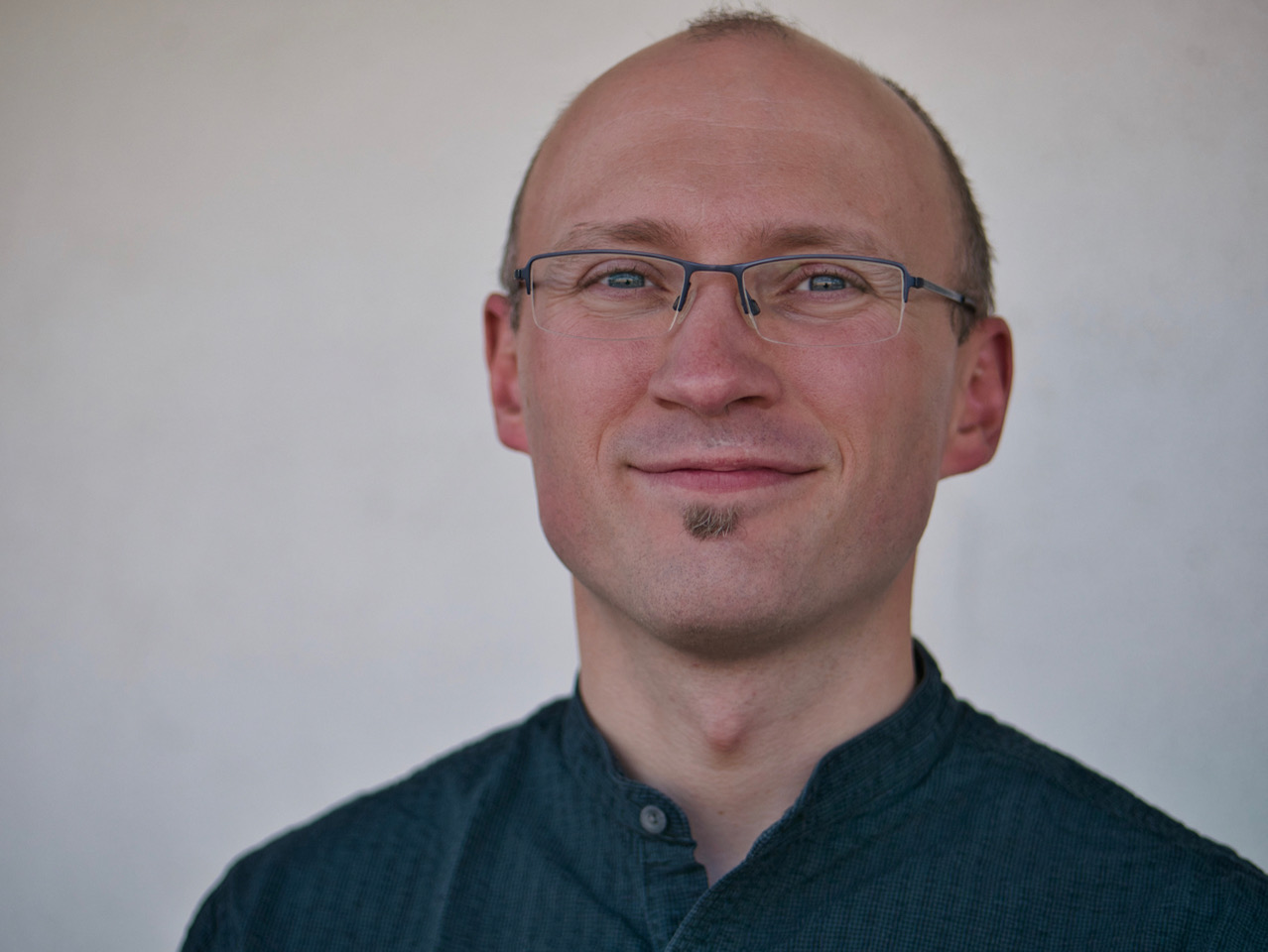
Marcus Kreutler is a researcher at the Erich Brost Institute for International Journalism at TU Dortmund University, as well as a journalism trainer. He participated in several international research projects and has recently co-ordinated a study on the coverage of migration and refugee matters in media in 17 countries. Marcus Kreutler has visited universities in Greece, Turkey, and Brazil as a guest lecturer. He has also worked as a trainer on the topic of migration coverage in Ghana (2018, 2019) and The Gambia (2019), and on communication techniques for public servants in Mozambique (online events, 2021-2023)
Juliane Niepert, Academic researcher, TU Dortmund University

Juliane Niepert is an academic researcher at the Institute of Journalism and the Erich Brost Institute for International Journalism at TU Dortmund University. She holds a bachelor’s degree in Law & Economics from the Rheinische Friedrich-Wilhelms-Universität Bonn and completed her master’s degree in Economics and Journalism at TU Dortmund.
For her master’s thesis, Juliane conducted a comparative analysis of Russia’s portrayal in quality media outlets versus right-wing populist media outlets.
Presently, she is hatching a PHD idea while also working as a freelance journalist for a regional radio station. Within COPE, she is responsible for various coordination tasks, including reviewing and consultancy of the local windows, editing of the online course as well as the dissemination concept for Northrhine-Westphalia.
Julia Lemke, student assistant, TU Dortmund University
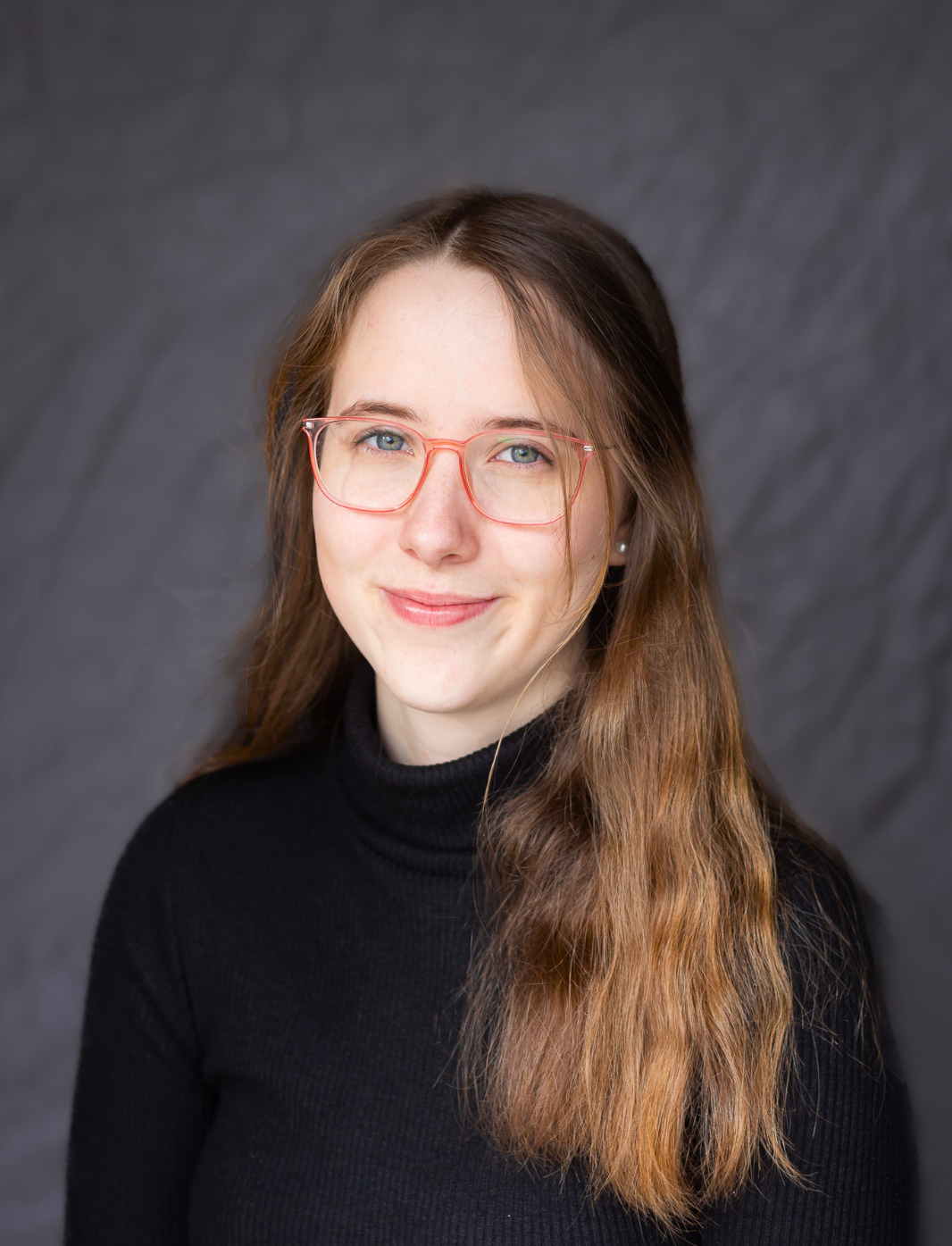
Julia Lemke is a student assistant at the Department of Philosophy and Political Science. She is currently studying social sciences and philosophy for a teaching degree and has already worked as a tutor for political science. As part of Cope, she is supporting module five.
Johanna Mack, Academic researcher, TU Dortmund University
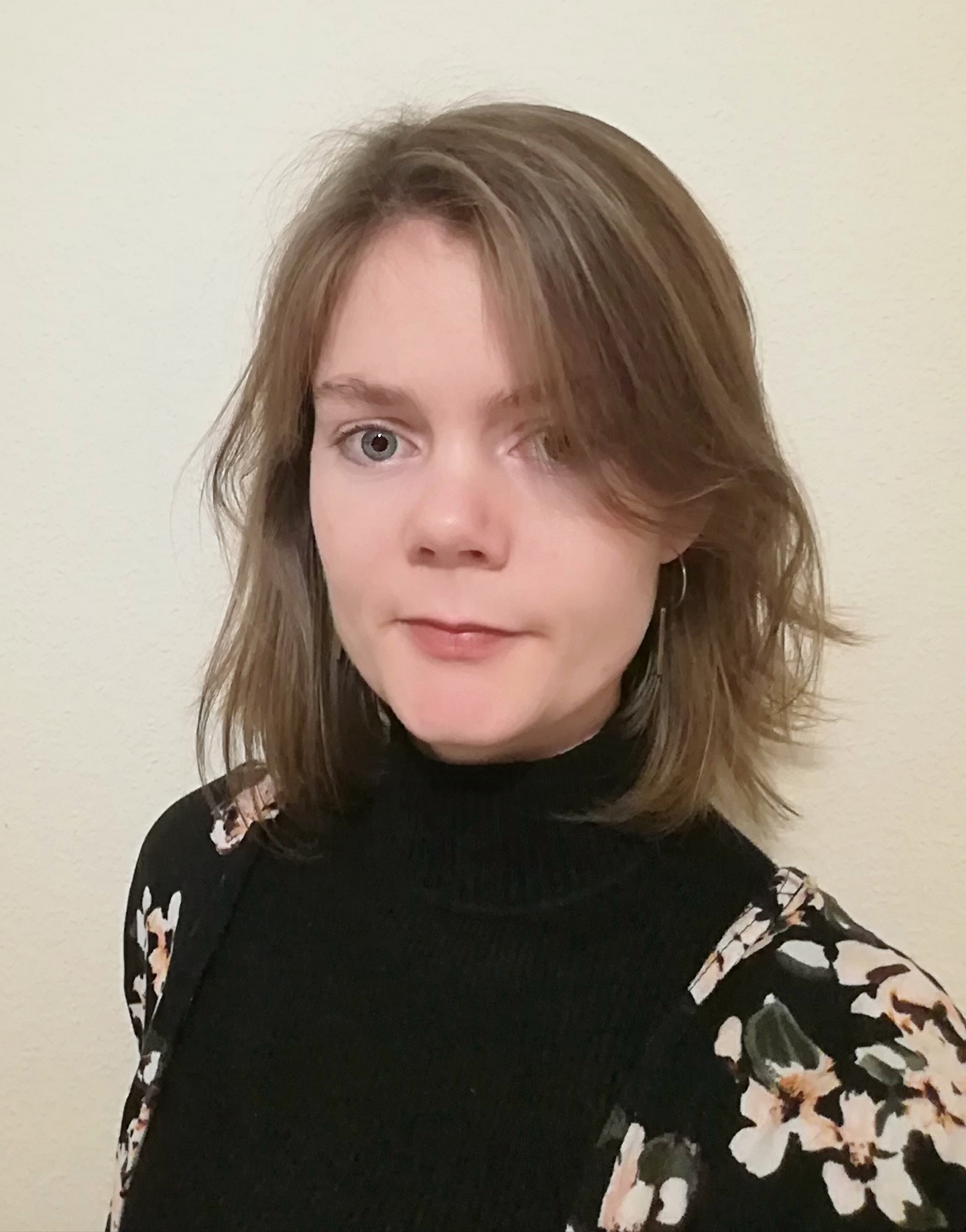
Johanna Mack is a researcher at the Erich Brost Institute for International Journalism, PhD Candidate in the Graduate School MEDAS21-Media Development Assistance in the 21st Century and Editor-in-Chief of the German version of the European Journalism Observatory. Her PhD research focuses on media development and media system transformation in a fragile state, Guinea-Bissau.
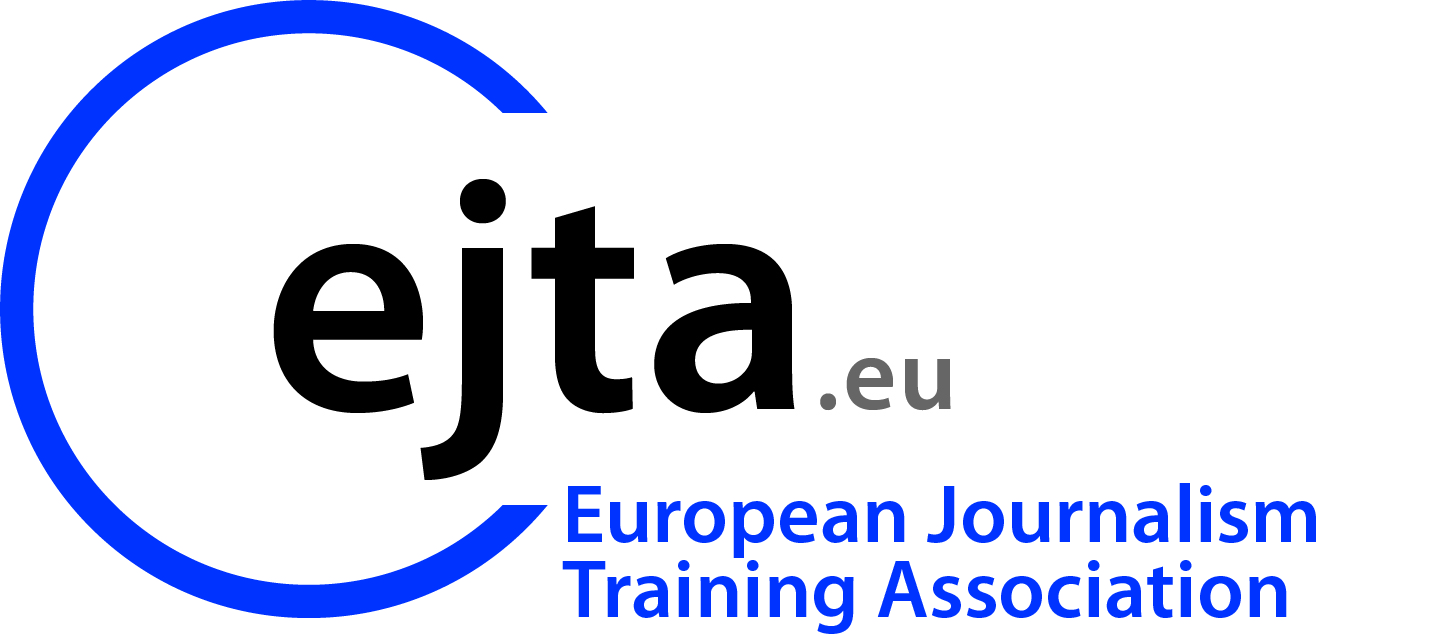
The European Journalism Training Association (www.ejta.eu) was established in Brussels in 1990. The international network groups about 80 journalism centers, schools and universities from about 30 countries across Europe. They work together to improve journalism education in Europe, enabling members to collaborate on exchanges and teaching and research projects, and meet regularly to exchange ideas and information. Members of the European Journalism Training Association educate or train their students/participants from the principle that journalists should serve the public by:
- providing an insight into political, economic, socio-cultural conditions,
stimulating and strengthening democracy at all levels, - stimulating and strengthening personal and institutional accountability,
- stimulating and strengthening an open and respectful public conversation,
- strengthening the possibilities for citizens to make choices in societal and personal contexts.
EJTA focuses on the Bologna Declaration and its implementation in journalism training. It also provides relevant international standards in journalism education with the competencies framework that was created by and for its members: the Tartu Declaration (2006, revised 2013 and 2020).
Nadia Vissers, Director, EJTA
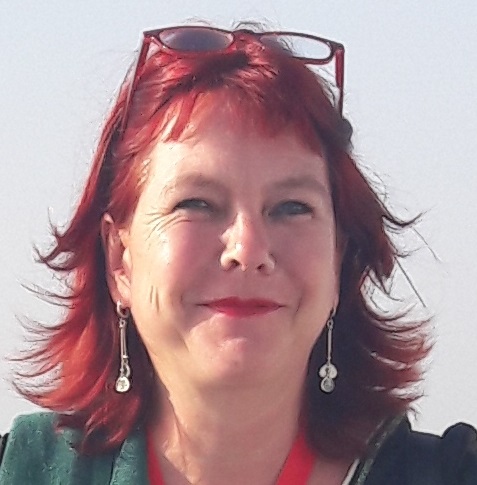
Nadia Vissers is the Director of the European Journalism Training Association (EJTA, www.ejta.eu) which groups more than 80 journalism centres, schools and universities from about 30 countries across Europe with the main aim to improve journalism education in Europe. She has been the General Coordinator of EUfactcheck www.eufactcheck.eu, the fact-checking project for students of Journalism from more than 20 EJTA schools from 2015-2021. She teaches Reporting Europe, Interviewing techniques and Constructive news reporting. She has an elaborate international network of journalism lecturers and active media professionals, sits in many advisory boards and has been guest lecturer in many cities around the world.
Carien Touwen, EJTA: EUfactcheck (i.s.o. programme manager)
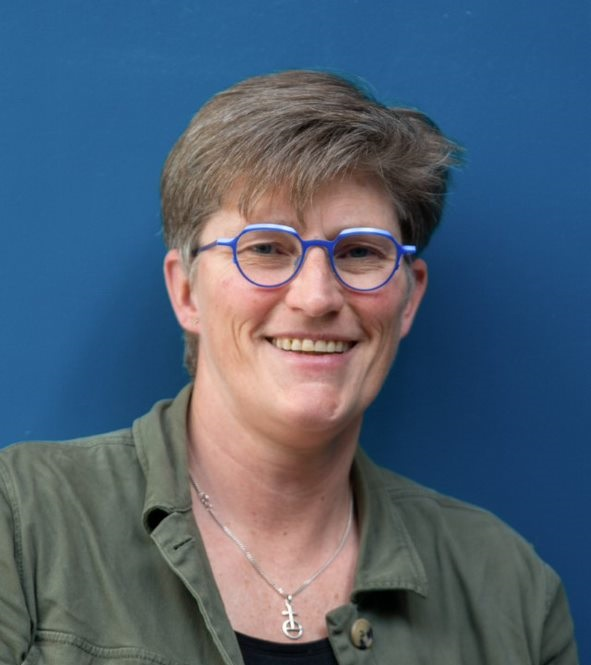
Carien J. Touwen is lecturer and coordinator of internationalisation and exchange programmes at the School of Journalism of HU University of Applied Sciences in Utrecht (Netherlands). Her expertise as senior lecturer in journalism and media studies are the fields of research, foreign reporting, environmental reporting, honours education, curriculum design and development. Touwen is programme manager of EJTA’s fact checking project EUfactcheck.eu and a board member of EJTA. Carien Touwen is also a project leader for accreditations.
Katleen Van Praag, Administrative assistant

Katleen Van Praag is the administrative assistant for the COPE project and she will take on the logistical and administrative tasks. She graduated as management assistant.
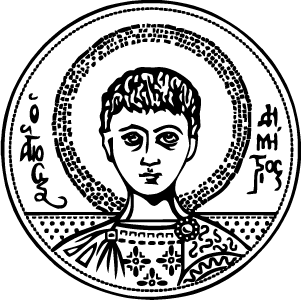
The Aristotle University of Thessaloniki (AUTH) – founded in 1925 – is the largest University in Greece and Southeastern Europe. More than 88,000 undergraduate and postgraduate students currently study at the Aristotle University of Thessaloniki. The School of Journalism & Mass Communications was established in 1991. During the early years of its foundation, the School operated under an autonomous status. In 2013 it was annexed to the Faculty of Economic and Political Sciences. The School integrates a balanced blend of compulsory core modules and elective modules. Currently, it offers a full-time, four-year undergraduate programme (eight semesters) with two main specialisations, a) journalism, and b) mass communications. The School also offers two newly-established full-time postgraduate programmes in Journalism and in Communication, each leading to three different pathways, taught in Greek. Since 2015, a full-time English-language Master’s programme has been established in the areas of Digital Media, Communication and Journalism, offering three distinct pathways. More than 400 students study in all programmes of the School. From 2020-23 the School of Journalism & Mass Communications holds the prestigious Jean Monnet Chair of European Union Public Diplomacy 2020-23 (jmchairpublicdiplomacyeu.jour.auth.gr).
The Aristotle University of Thessaloniki has established already several MOOCs successfully, the most recently implemented MOOC in March 2022 on European Territorial Cooperation (InterregMOOC).
Prof. Thrasyvoulos Tsiatsos
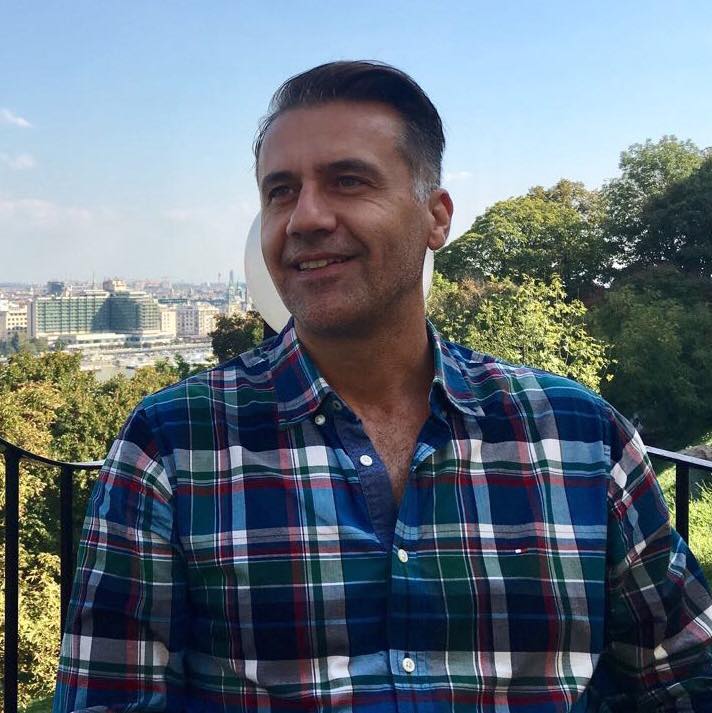
Thrasyvoulos is Associate Professor at Software and Interactive Technologies Lab, Computer Science Department, Aristotle University of Thessaloniki, Greece. His research interests include Gamification, ICT in Education, Assessment in Online Educational Environments, Game Based Learning, and Open and Distance Education. He is General Chair of the International Conference on Interactive Mobile Communication, Technologies and Learning (IMCL) and has participated in more than 50 EU-funded R&D projects related to the integration of web-based communities, Virtual Learning Environments in education and training, he was coordinating two Erasmus+ projects and was AUTH scientific coordinator in more than five R&D. Thrasyvoulos is furthermore the core team member of the EPICUR University Alliance (https://epicur.education/). Thrasyvoulos is an IEEE Education Society member, IAOE Executive Committee member, and President of IGIP Greece.
Dr. Nikos Panagiotou
Dr. Nikos S. Panagiotou is Associate Professor, School of Journalism and Mass Media Communication, Aristotle University. He has been a visiting Professor at APU University, Japan and a visiting professor at Deutsche Welle, visiting professor at Sabanci University. He was been awarded the following scholarships: Chevening Scholar of the Foreign and Commonwealth Office UK, RCAP Scholar from APU University Japan, Scholar to Beijing Foreign Studies University, Scholar of the State of Luxembourg. He has an extensive research work which has been funded from Google (DNI Initiative fund). He is President of Digital Communication Network Global.(10.000 members and presence across the world) Director of Peace Journalism Lab, and in charge of the Global Educational Center for the Safety of Journalists.
Prof. Christos Frangonikolopoulos
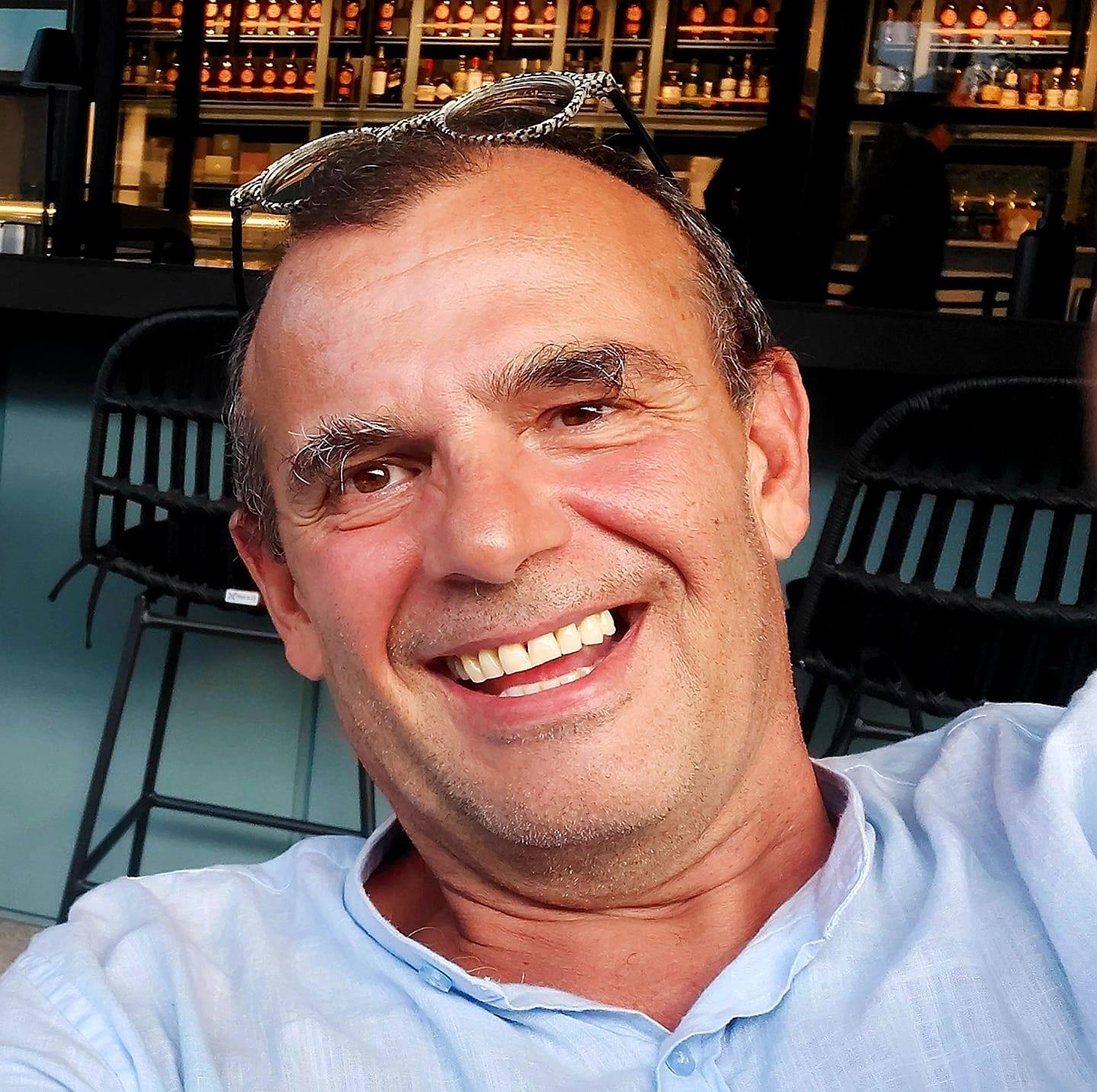
Christos Frangonikolopoulos is Professor of International Relations and Mass Communications and Chair of the School of Journalism and Mass Communications, Aristotle University. He studied Politics and Government (BA Honors) and International Relations (PhD) at the University of Kent at Canterbury (England). He was Jean Monnet Chair on European Integration (2016-19) and currently Jean Monnet Chair on European Union Public Diplomacy (2020-23, jmchairpublicdiplomacyeu.jour.auth.gr), and Director of the MA in Digital Media, Communication and Journalism (2018-2022).
Prof. Andreas Veglis
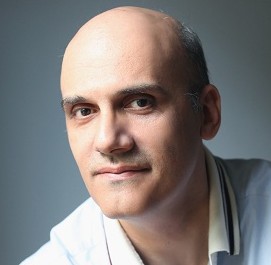
Andreas Veglis is Professor, head of the Media Informatics Lab at the School of Journalism & Mass Communication at the Aristotle University of Thessaloniki. His research interests include information technology in journalism, new media, algorithmic journalism, data journalism, open data and content verification. He is the author or co-author of 51 books and book chapters, he has published more than 100 papers on scientific journals, and he has presented 140 papers in international and national Conferences. Professor Veglis has been involved in 43 national and international research projects.
Prof. Antonis Skamnakis
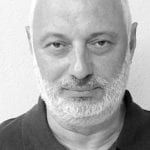
Antonis Skamnakis is Professor in Politics and Community Journalism and Director of MA in Journalism, School of Journalism and Mass Communications, Aristotle University of Thessaloniki, Greece. He is author of the Political Power and Media in Modern Greece, vol. 1 (1821-1940) and vol. 2 (1941-1974). He is, also, co-editor of The Communicative Construction of a Pandemic: SARS-CoV-2, Media & Society, Regional Media in Europe and Environmental Journalism and Communication. His current research interests include politics and media and environmental journalism. He is member of the Committee of Directors of the Athens and Macedonian News Agency (AMNA).
Prof. Ioanna Kostarella
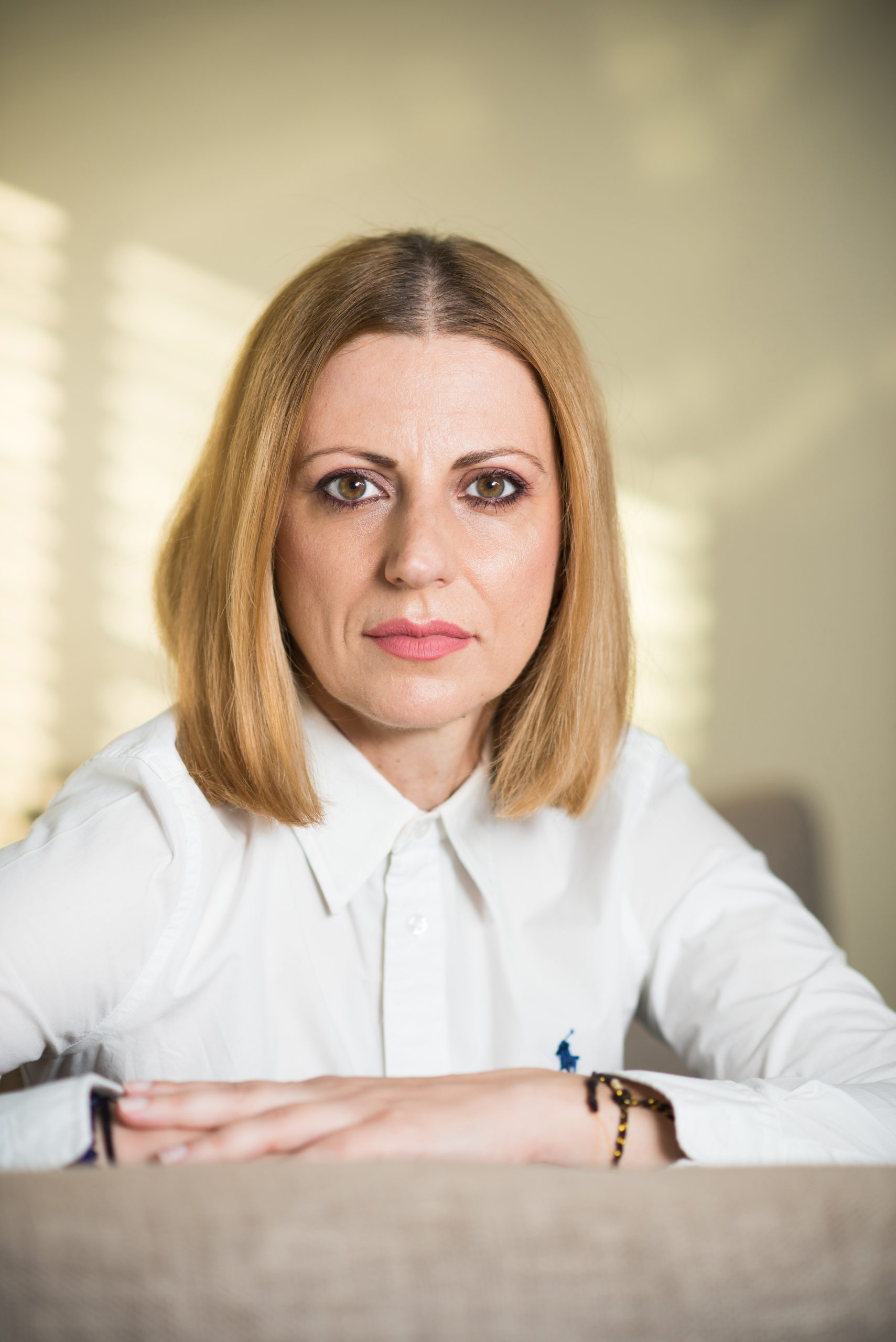
Ioanna Kostarella is Associate Professor in Journalism and New Media. Before joining the University, Ioanna Kostarella has had a long professional experience as Communication Officer for the Regional Operational Programme of Western Macedonia. She has also worked as a journalist for various local and national media. Kostarella teaches both postgraduate and graduate courses. She has contributed to various research papers in journals, refereed conference proceedings and authored chapters in books. Her research interests include journalism and new media, the interaction between media and foreign policy, European media, communication and journalism for development and environmental communication.
Dr. Nikolaos Tsigilis
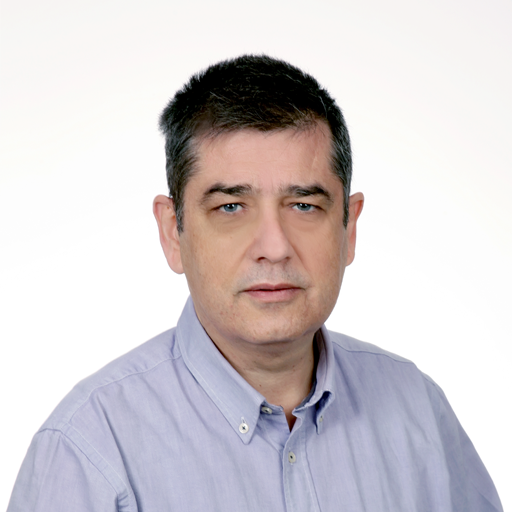
Dr. Nikolaos Tsigilis is an Associate Professor in Research Methods and Psychometrics at the Aristotle University of Thessaloniki, Greece. He is a well-qualified and experienced educator and researcher in the field of Social Sciences. He has been teaching research methods, introduction to statistics and advanced statistics modules to students from various backgrounds in Greece and Cyprus. He has conducted extensive high-quality research, which has been published in more than 100 respectable scientific journals.
Nikolaos Politopoulos

Nikolaos (MSc) is a PhD Candidate and a Junior Researcher at AUTH, where he also studied Informatics (Bachelor) and ICT in Education (Master). His main interests are in the field of games, distant education, physical interfaces, CSCL, web development and educational evaluation. He has experience in learning technologies development and evaluation. He is participating in various Erasmus+ projects related to educational technologies and MOOCs supporting technical development and evaluation. An indicative list is the following:
C4BIPS (MASSIVE OPEN ONLINE COURSE FOR BASKETBALL INJURY PREVENTION STRATEGIES) Erasmus+ Sport project (579910-EPP-1-2016-1-EL-SPO-SSCP)
GOAL (GAMIFIED AND ONLINE ACTIVITIES FOR LEARNING TO SUPPORT DUAL CAREERS OF ATHLETES) Erasmus+ Sport project (579793-EPP-1-2016-2-EL-SPO-SCP)
GAME (A serious Game Approach in Mitigating Performance Enhancement culture in youth) Erasmus+ Sport project (590613-EPP-1-2017-1-EL-SPO-SCP)
IMPACT (Developing Communities of Practice to Maximize the Usability and Impact of Clean Sport Education in Europe) Erasmus+ Sport project (603388-EPP-1-2018-1-UK-SPO-SCP)
HALT (Halting Harassment and Abuse in Sports using Learning Technologies) Erasmus+ Sport project (603479-EPP-1-2018-1-EL-SPO-SCP)
SUGAPAS (Supporting Gamified Physical Activities in & out of Schools) Erasmus+ Sport project (613270-EPP-1-2019-1-LT-SPO-SCP)
Nikolaos has published more than 32 papers in Journals and in well-known refereed conferences about learning technologies.
Savvas Savvidis
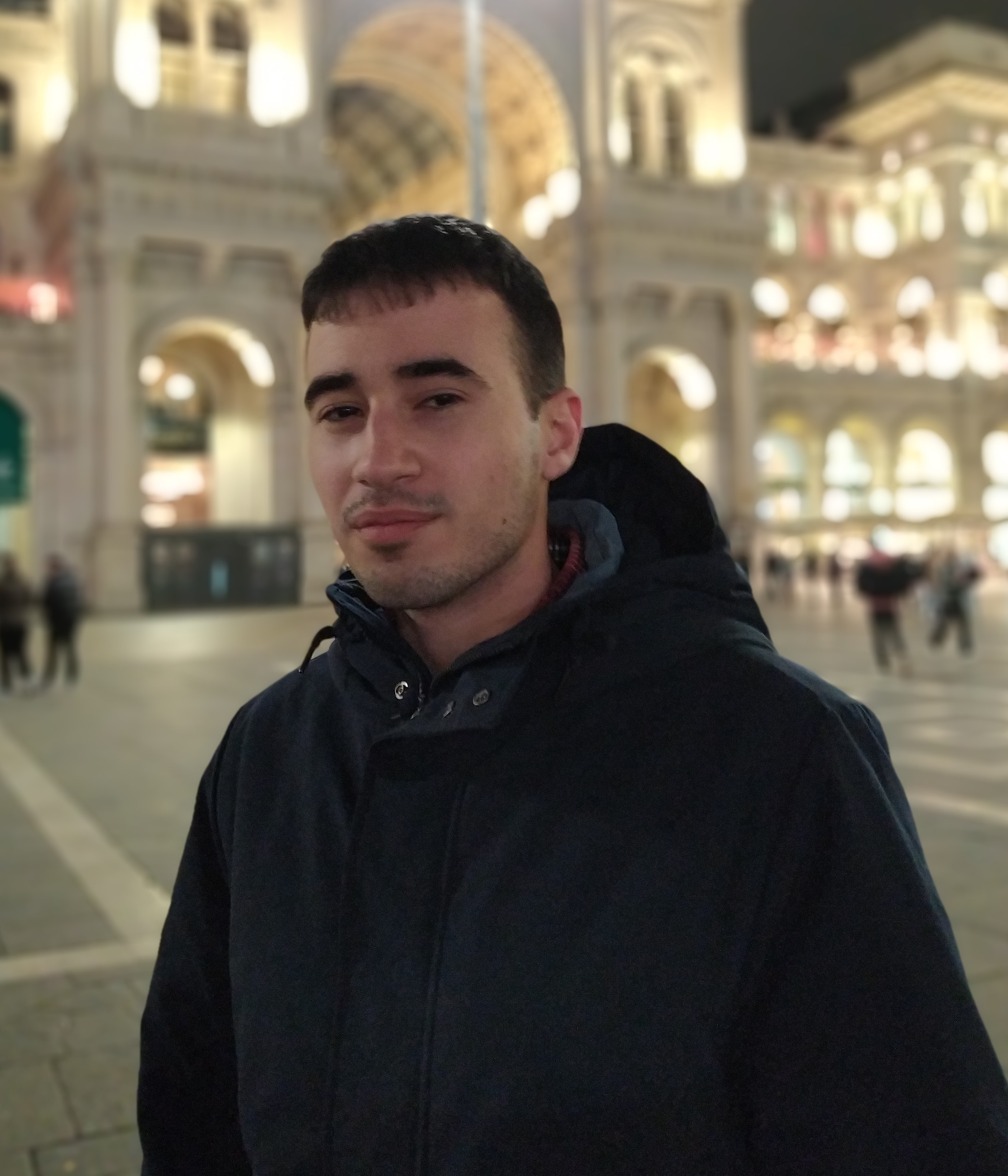
Savvas Savvidis is a research assistant at SWITCH-Lab, Aristotle University of Thessaloniki, combining his academic interests and practical experience in the field. He holds a Bachelor of Science in Computer Science and is currently pursuing a Master’s in Interactive Technologies, both taking place at Aristotle University.
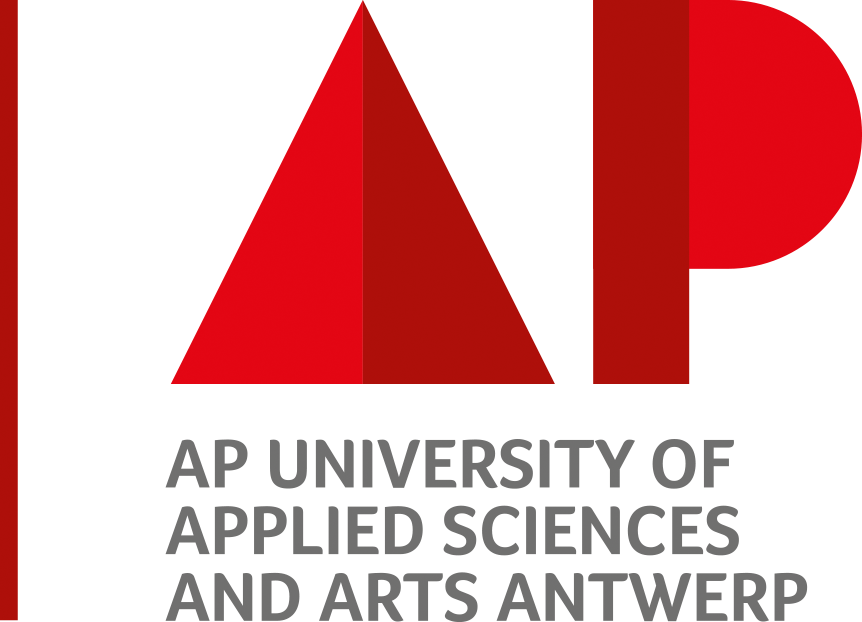
Experts from the department of Media, Design and IT of AP University of Applied Sciences and Arts (which includes a bachelor in journalism) will join their forces with experts from the Department of Political Science of the University of Antwerp (which includes a Master in Journalism). More specifically, a team of four experts from the AP University of Applied Sciences as well as University of Antwerp will contribute to this project – each from their own specific viewpoint and area of expertise – in order to generate a broader knowledge of the topic as a whole, and contribute as lecturers to the pilot teaching phase of COPE in spring 2024.
Prof. Peter Bursens,
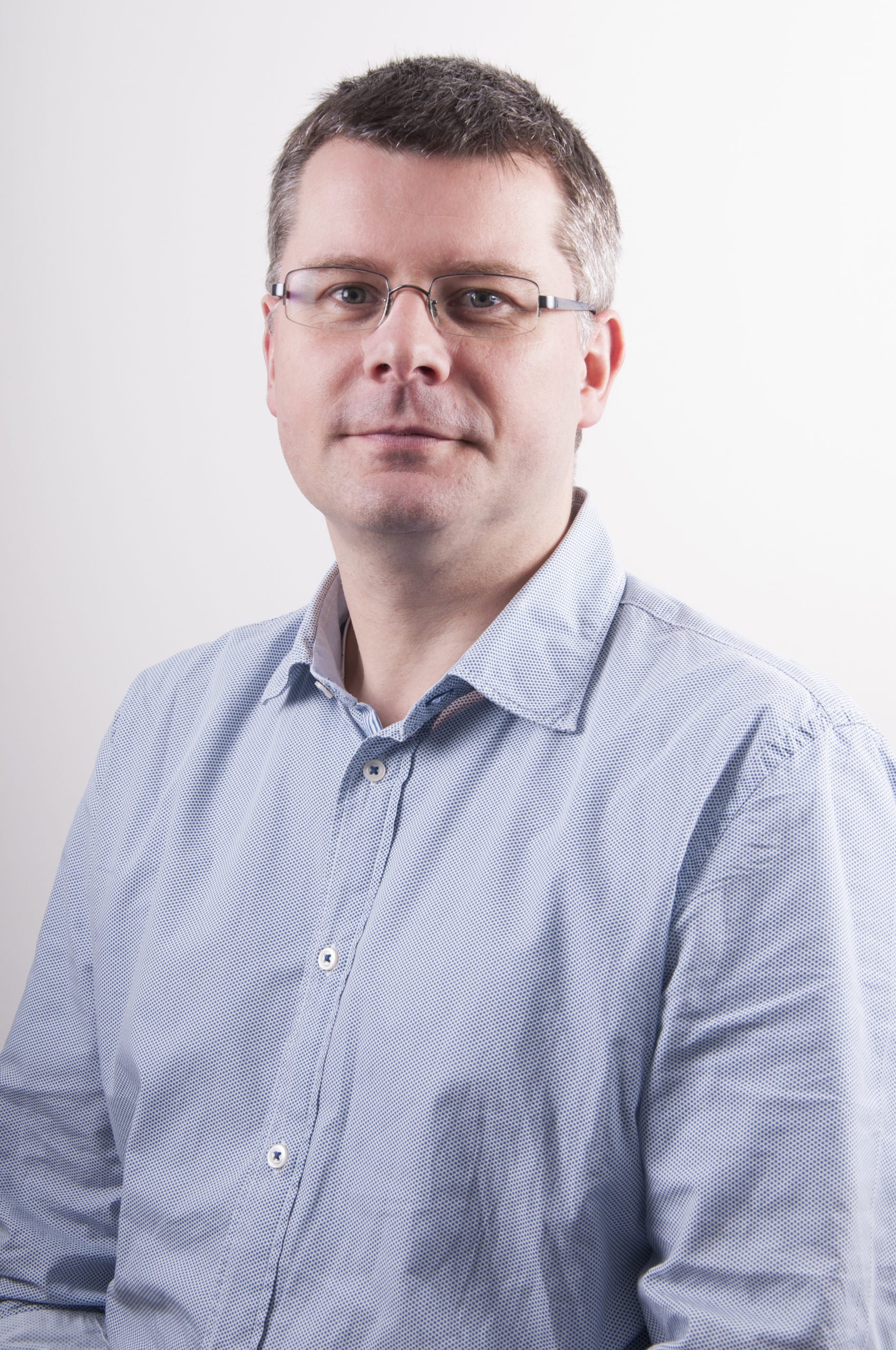
Peter Bursens holds a Jean Monnet Chair on ‘Skills in EU Studies Teaching’ through which he develops simulation games and assessment tools for skill teaching in EU studies. He is professor at the Department of Political Sciences of the University of Antwerp. He is senior member of the Politics and Public Governance research group and co-promoter of the GOVTRUST Centre of Excellence. He studied Political Science and International Relations and received a PhD from the University of Antwerp (1999) for his dissertation on lobby-configurations in the European Union. His research agenda focuses on European decision-making, Europeanization, federalism and democratic legitimacy of multi-level political systems. He is the author of a large number of international journal articles and book chapters. Furthermore, he teaches topics of European Integration and Multilevel Political Systems in the Bachelor in Political Science, the Master in Political Science and the Master in International Relations and Diplomacy, all hosted by the Department of Political Science at the University of Antwerp.
Dr. Gert Vanthournout
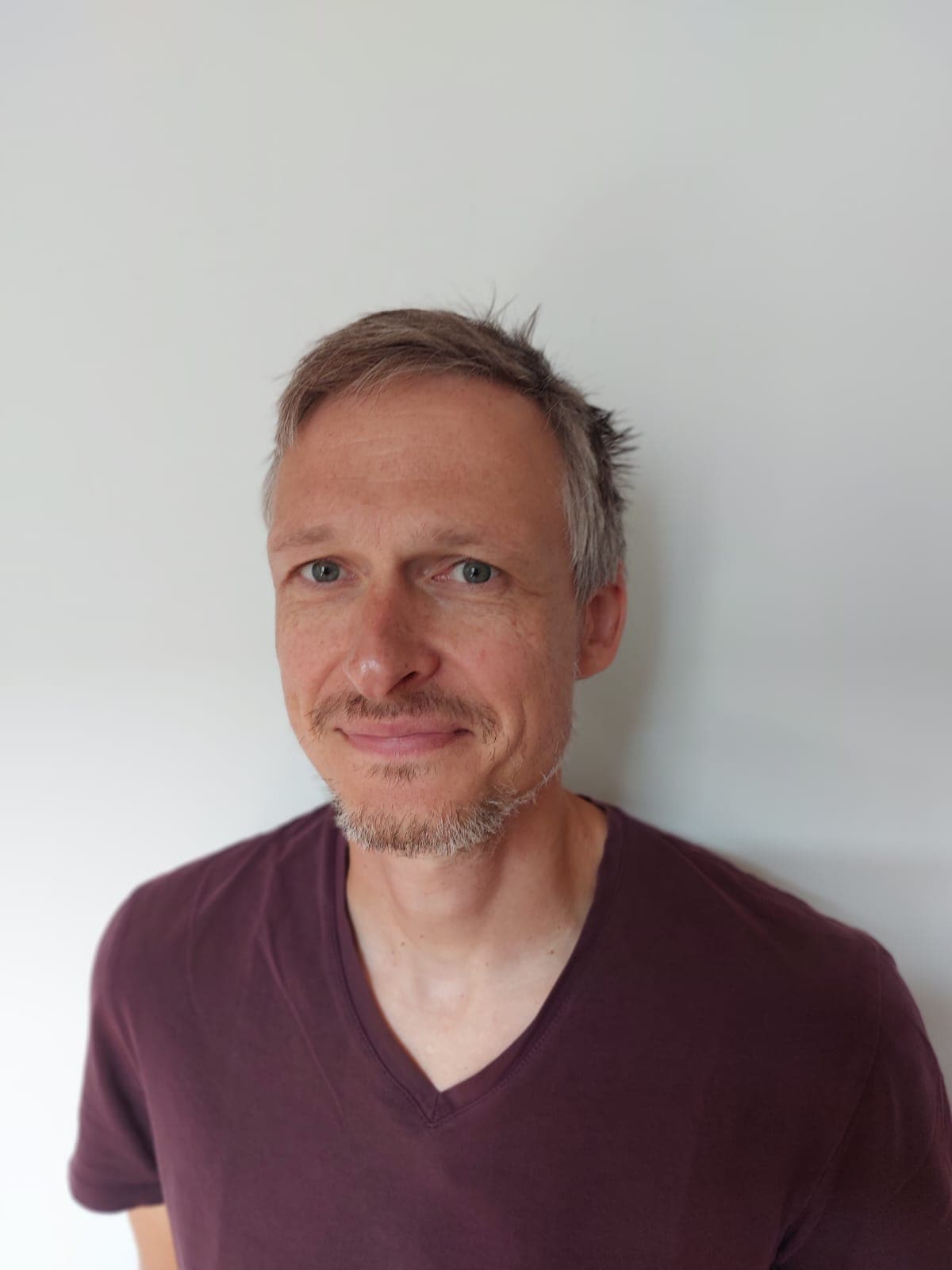
Gert Vanthournout holds a PhD in Educational Sciences, and is coordinator of the Innovation lab Data-driven Learning and Innovation (DLI), an interdisciplinary research group situated at AP University of Applied Sciences and Arts. The research group is situated at the intersection of lifelong learning, (educational) technology and the use of data in learning and innovation. The lab has expertise in exploring learning and motivation in various contexts and investigates how the use of technology and data can incite learning and innovation. The lab uses the Basic Needs Theory from Self-Determination Theory as a framework for the instructional design of (digital) learning environments.
Wouter Frateur
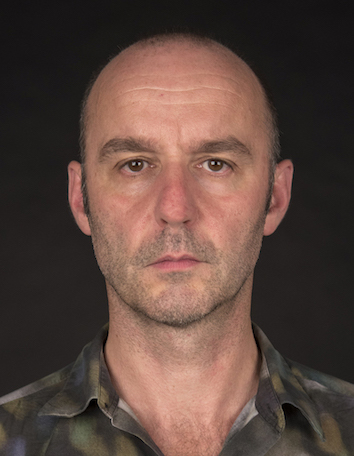
Wouter Frateur is lecturer at AP University of Applied Sciences and Arts in the Bachelor of Journalism. His expertise pertains to teaching writing skills and editing articles. He also has extensive expertise in coaching students in cross-media projects, such as in the context of the course ‘Reporting Europe’ where students produce interviews and reports on European topics. Included in the course is a multi-day trip to Strasbourg, where students visit the European Parliament and interview European parliamentarians. Wouter Frateur is also a member of the production team of the international EUfactcheck project of the European Journalism Training Association (EJTA) which offers a sustainable curriculum unit on factchecking (www.eufactcheck.eu).
Yasmine Wauthier
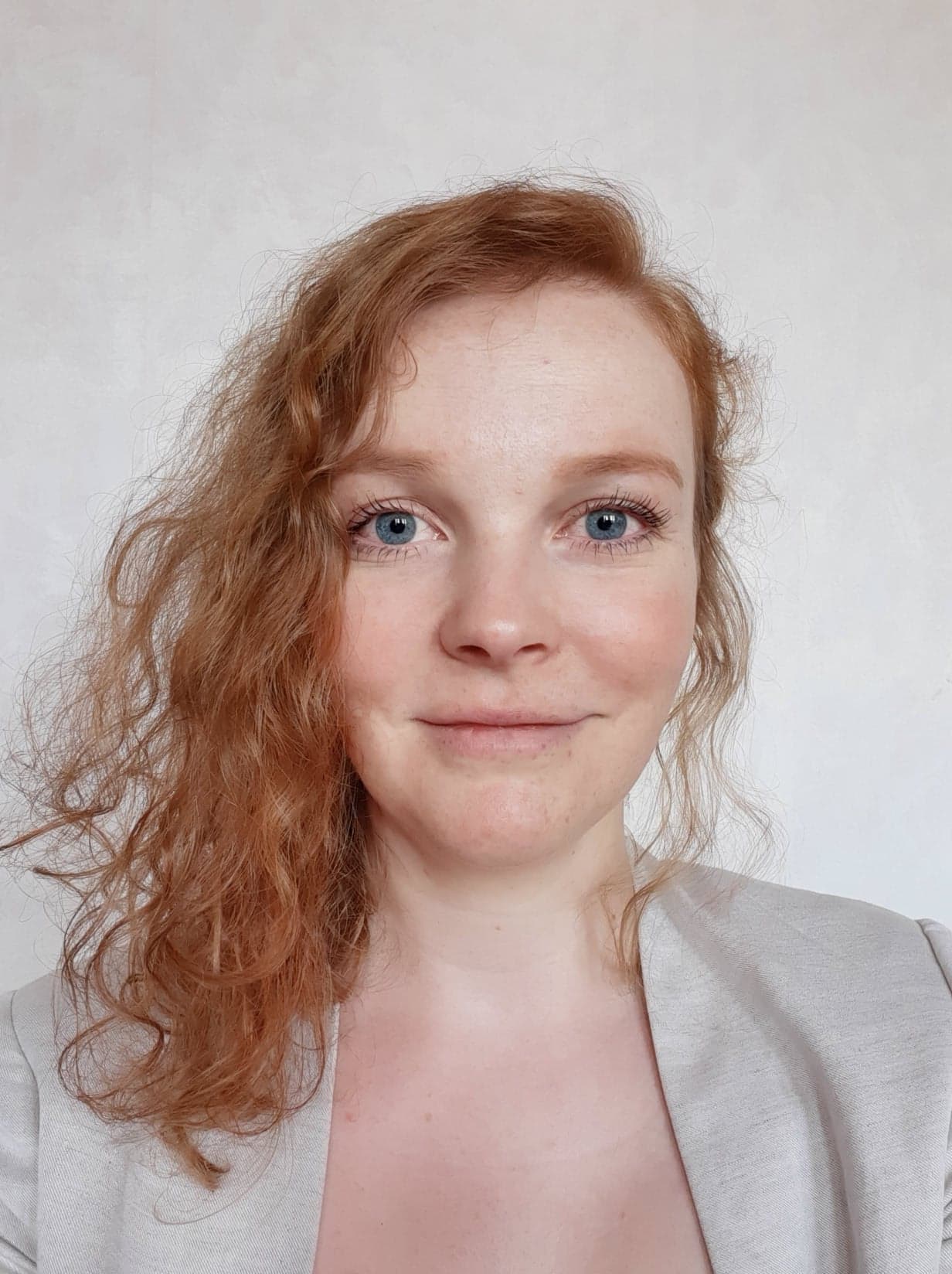
Yasmine Wauthier works as a researcher in the Research Group Lifelong Learning and Innovation (OLLI) of the AP University of Applied Sciences and Arts Antwerp. She has a bachelor’s degree in primary teaching, recognised degrees in graphic design and web design, a professional master’s degree (NL) in Social Psychology and is currently finishing an academic master’s degree in developmental and educational psychology. She attended the Masterclass (NL) Virtual Reality in Education and a postgraduate programme in Immersive storytelling in VR. She has experience with researching, implementing & supporting the development of digital learning and experience in internal and external quality assurance in higher education (NAVO). Her areas of expertise include education and training in extended reality (XR), digital and immersive learning, didactics, and educational quality within the European Higher Education Area (EHEA).
Dr. Veerle Van Assche
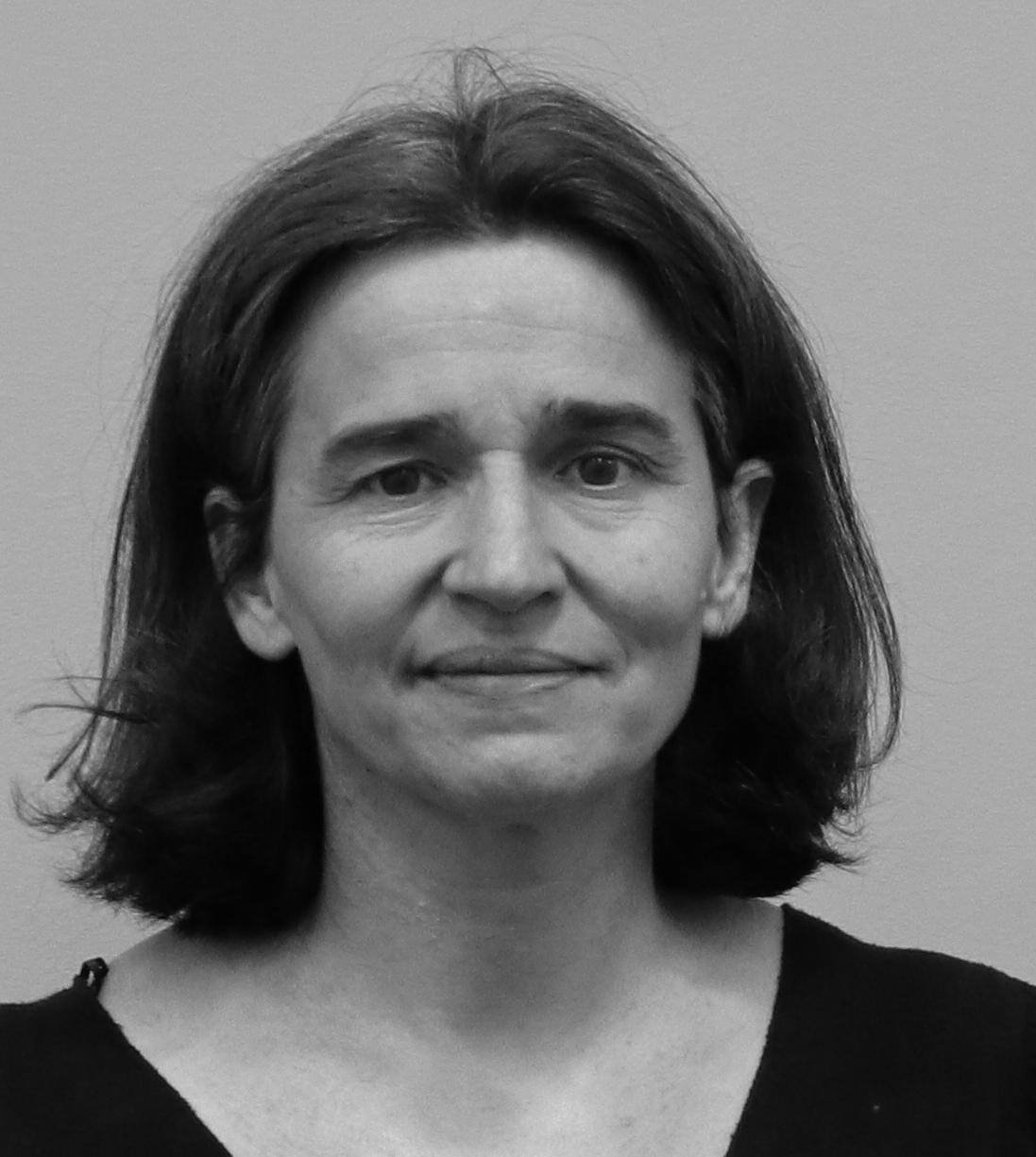
Veerle Van Assche holds a PhD in Political and Social Sciences and is research coordinator of the department Media, Design & IT at AP University of Applied Sciences and Arts. She has been promotor of a wide variety of research projects in the field of journalism and communication , such as the determination and evaluation of competences in the Bachelor of Communication and Bachelor of Journalism, as well as projects on the usage of corporate video in the corporate communication mix of organizations in the digital age. Van Assche teaches a course on reporting academic research findings to Bachelor students in Journalism.
David Walewijns
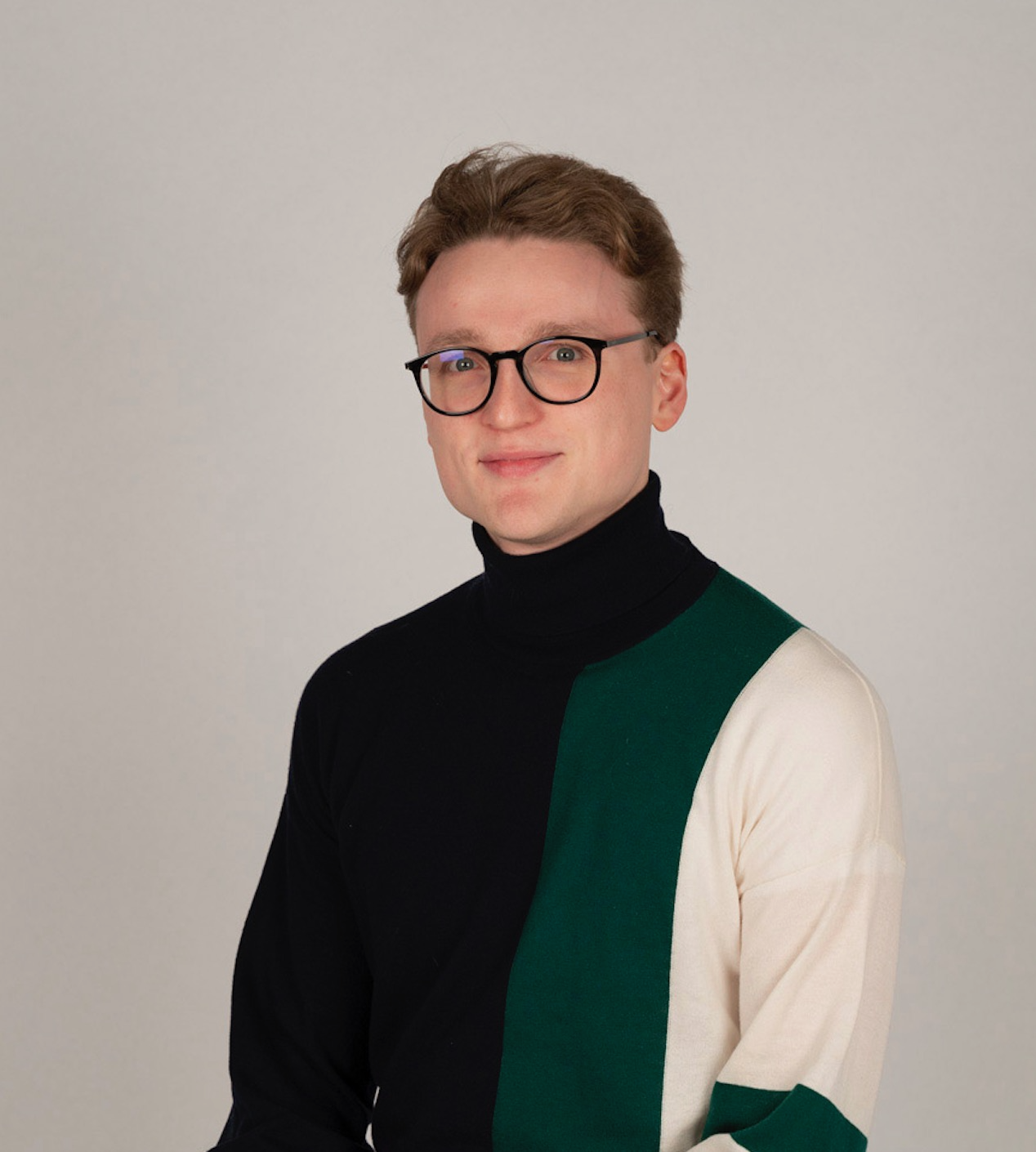
David graduated magna cum laude in 2021 with a master’s degree in Communication Studies from the University of Antwerp. Since 2021, he has been working at the AP University College of Applied Sciences in Antwerp. His research interests span several areas, including (social) media, journalism, Virtual Reality, digital games, persuasive communication, digitization, and marketing. He is familiar with both quantitative (surveys, experiments) and qualitative research techniques (in-depth interviews). For his master’s thesis, David conducted an experiment on the use of Virtual Reality to raise awareness among young people about climate change and water scarcity
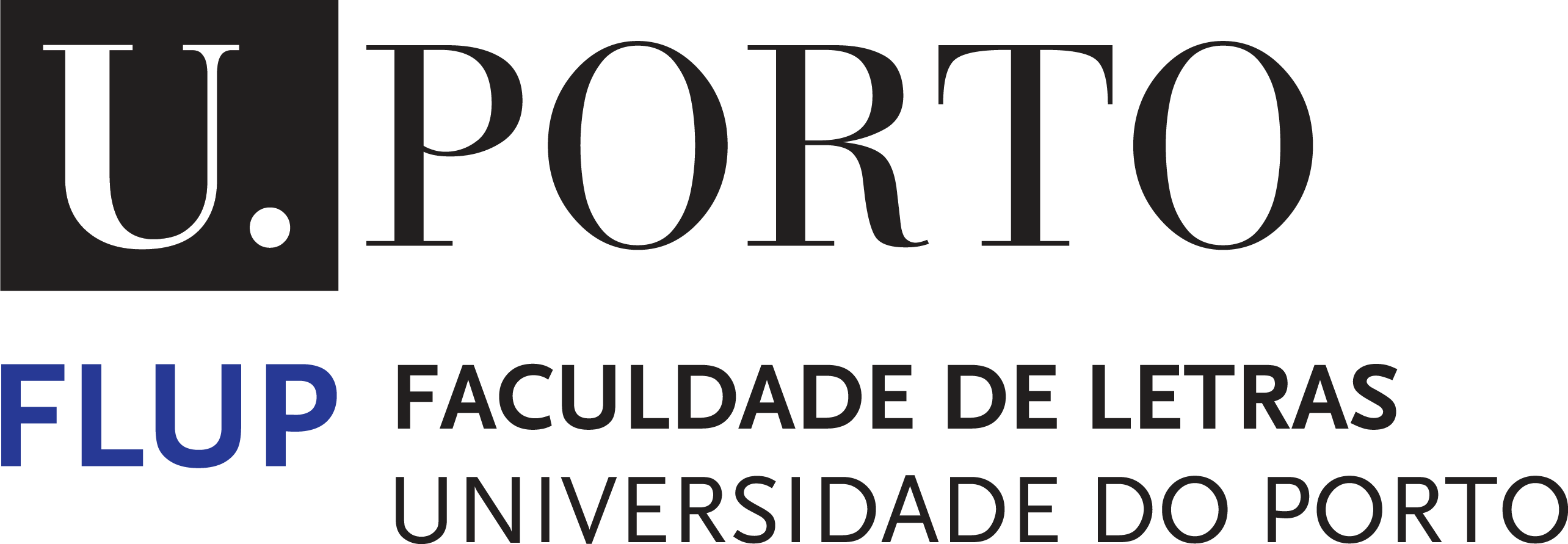
With over 100 years of history, the University of Porto is a leading teaching and scientific research institution in Portugal and worldwide. Considered the best Portuguese University and one of the best 100 European institutions according to the most important Higher Education rankings, U.Porto combines quality teaching and excellent research with the best academic experience.
U.Porto is an institution recognised throughout the world thanks to its quality and dedication to social and economic development.
With more than 34.000 registered students (54% women), the University of Porto has more than 13% of international students studying in the 14 different Faculties in Bachelors, Master Degrees and Doctoral Programs.
The U.Porto offers a Bachelor as well as Master degree in Communication Sciences: Journalism, Public Relations, Multimedia, and specific courses for journalism students such as International Relations and Political Science. The University of Porto, by its Department of Communication and Information Sciences, will provide within this project all its expertise.
Prof. Paulo Frias
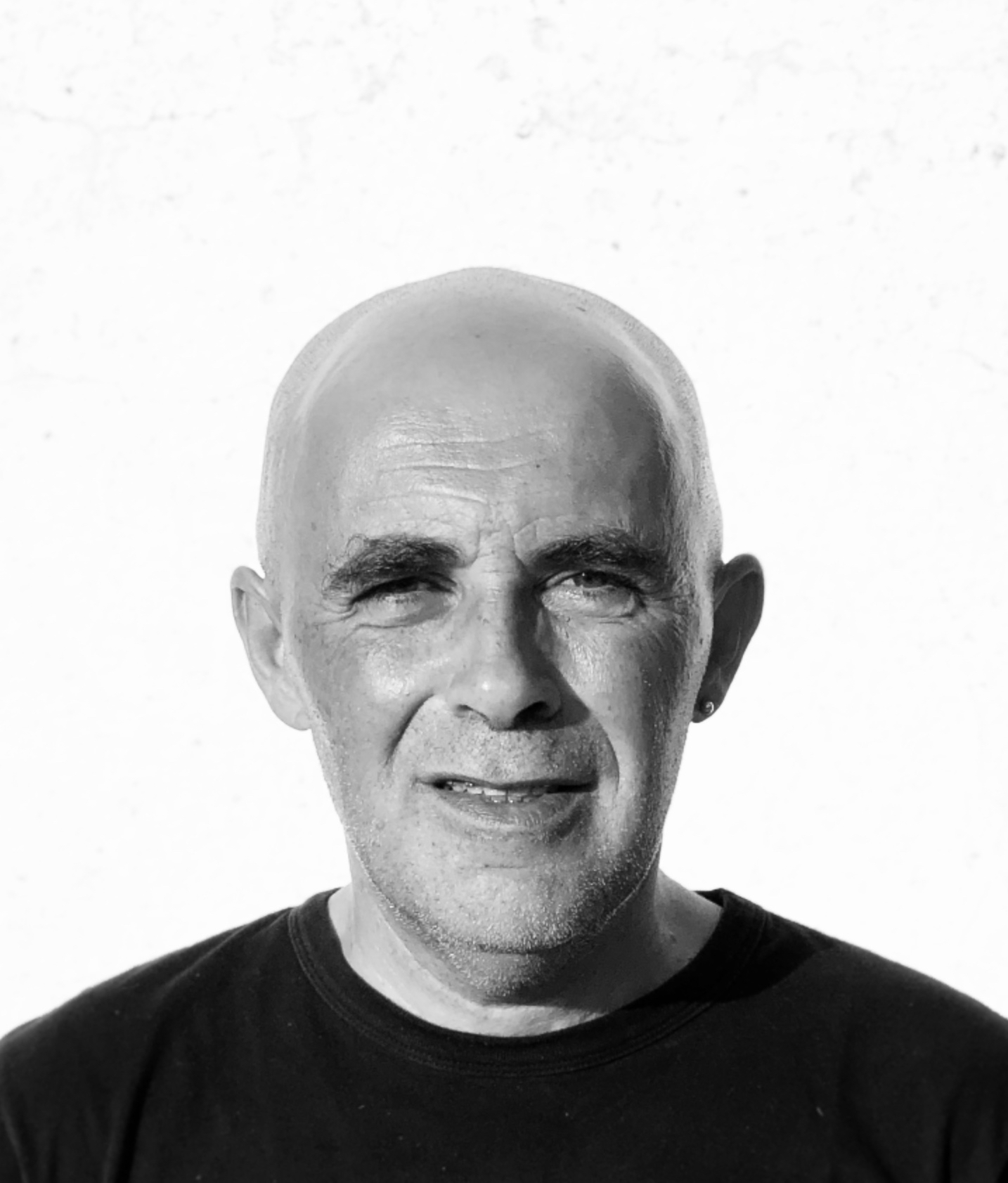
Paulo Frias is Professor at the Department of Communication and Information Sciences, in the Faculty of Arts and Humanities of the University of Porto since 2003. Paulo obtained his PhD in Communication Sciences at the New University of Lisbon in 2010. He is now Director of the Bachelor Degree in Communication Sciences at U.Porto. Paulo is also director of the news website “JPN – JornalismoPortoNet” based in his Faculty, in a newsroom with all the needed resources for a digital native news platform. Paulo Frias main research interests are online journalism, journalism training, journalism consumption, new media and media convergence. He is a member of the Research Group CITCEM (Center of Transdisciplinary Research in Culture, Space and Memory), and he has some research articles published in several congresses and books. Paulo was in several funded projects teams in the last decade.
Prof. Helena Lima
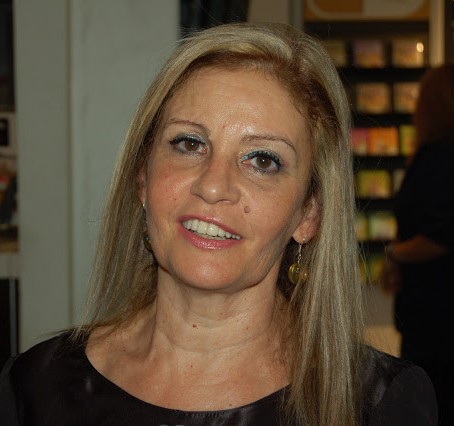
Helena Lima is Associated Professor at the Department of Communication and Information Sciences, Faculty of Arts and Humanities of the University of Porto. Her main research interests are media history and the topics related to news contents and formats, as well as digital journalism, professional practices and interactivity in news websites. Helena Lima is also the coordinator of collaborative lab (LACLIS) with a focus on health literacy and communication in an interdisciplinary environment. Helena Lima published several books, book chapters, and articles in academic peer reviewed journals. Lima is member of the Research Group CITCEM (Center of Transdisciplinary Research in Culture, Space and Memory).
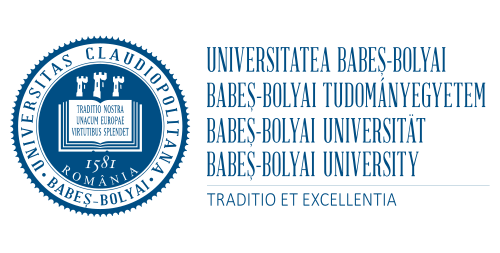
Babeș-Bolyai University (BBU), as a comprehensive university of advanced research and education, is today the oldest, the largest (with almost 40.000 students) and, in many ways, the most prestigious university in Romania. The institution’s history falls under the Renaissance period and was born under the distinct sign of multiculturalism, as it brings together the cultural, scientific, and religious heritage of Transylvania, having developed a multicultural educational program that provides lines of study in Romanian, Hungarian and German with undergraduate, graduate and doctoral programs. The Journalism and Digital Media Department is part of the Faculty of Political, Administrative and Communication Sciences (FSPAC) of BBU. Ever since it was launched, in 1993, the Journalism and Digital Media Department has engaged in a continuous development in terms of education (developing programs in Romanian, Hungarian, German and English) and research programs, infrastructure, quality of education and extracurricular activities related to journalism and digital media. The Department has participated in various European projects and has furthermore developed a strong cooperation with local and national professional media institutions where students experience journalism and digital media as interns – that provides students the opportunity to enlarge their educational and professional experience.
Cristina Nistor
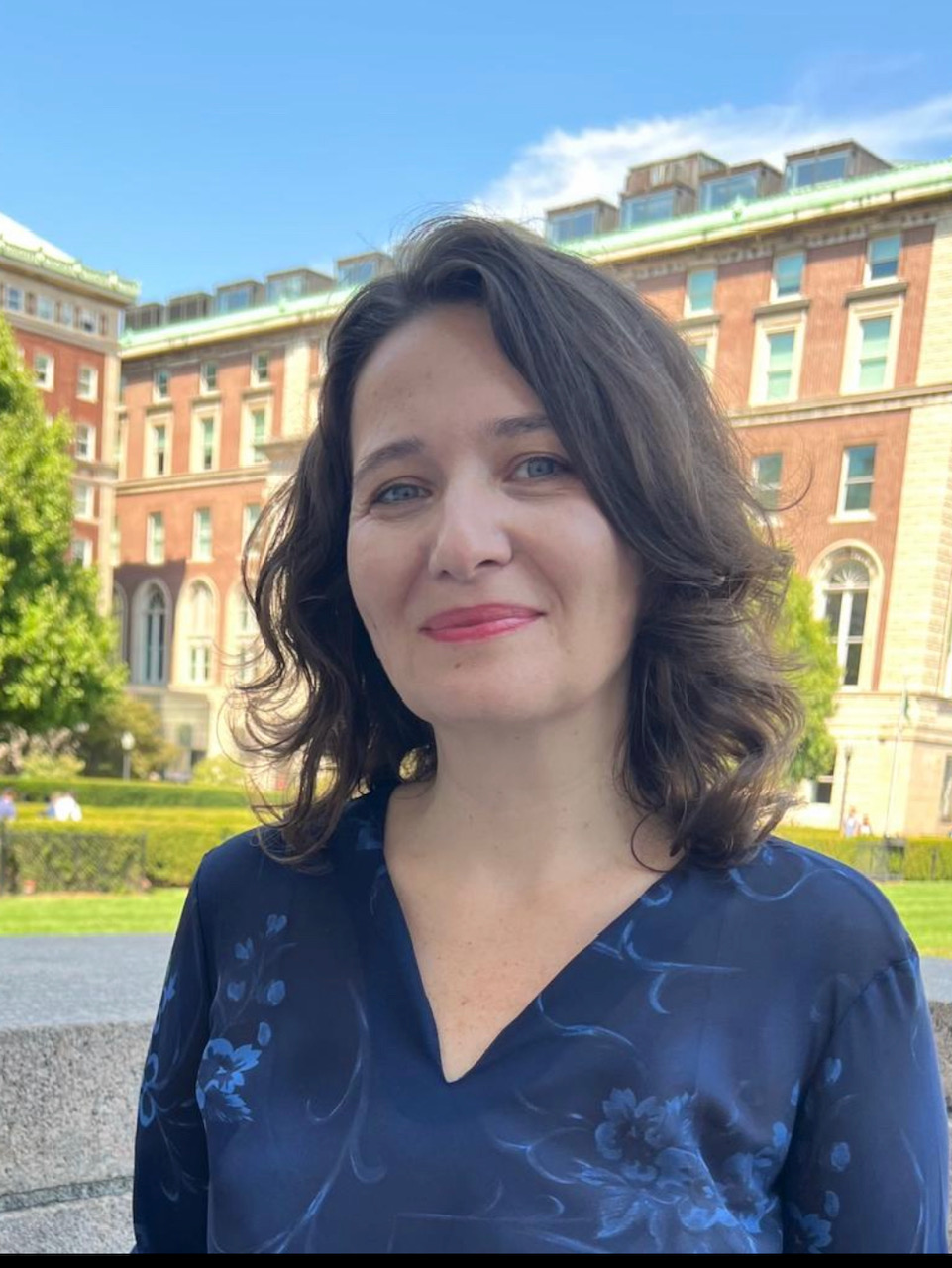
Cristina Nistor is an associate professor at the Journalism and Digital Media Department, FSPAC, BBU, where she has been a member starting with 2001 and where she coordinates the English Journalism Program. During 2006-2012 she was the Spokesperson of Babeș-Bolyai University. In 2022, she was a Fulbright Scholar at Columbia University from the City of New York where she conducted research on media literacy education and starting with 2024 she is a board member of the European Journalism Training Association (EJTA). Her courses focus on Media Communication, Media Education, Crisis Communication, Radio Journalism, and European Communication. Cristina Nistor has contributed to the “Practical Guide for Journalism Trainers. To engage journalists with Europe, Brussels” (Belgium, 2011) and furthermore she is co-author of the chapter “The role of media education in European Active Citizenship” in the international volume “Innovative educational and media practices for an inclusive and participatory Europe” (2018).
Rareș Beuran
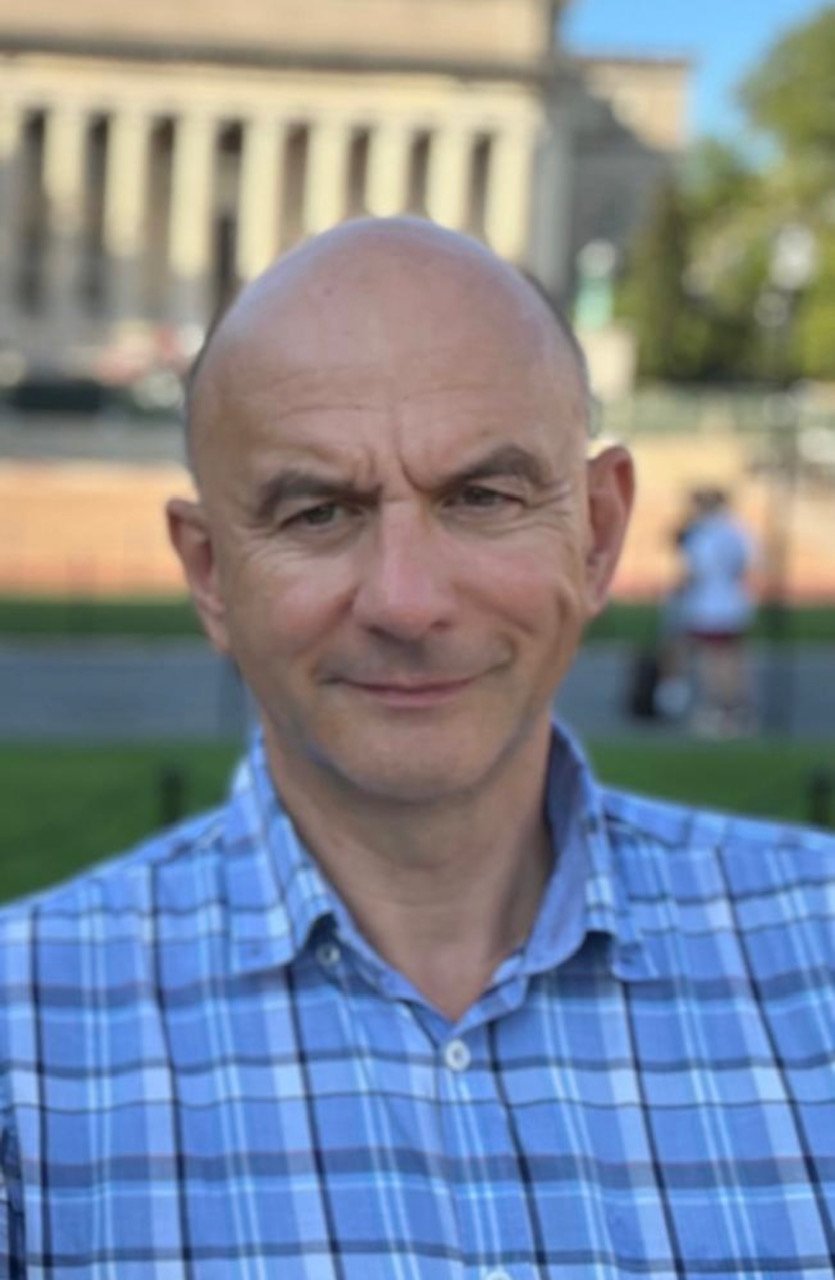
Rareș Beuran is a university lecturer in the Journalism and Digital Media Department, Faculty of Political, Administrative and Communication Sciences at Babeș-Bolyai University, where he has been coordinating the Media Studio since 2006 – with the student radio station UBB RADIO ONLINE that is promoting European Reporting. He has professional experience in the field of journalism, as a photojournalist and TV news editor, also as project manager focusing on the development of media initiatives dedicated to ethnic communities and on student journalism training programs. His current courses and research cover topics related to Photojournalism, TV Techniques, Intercultural Media Communication and European Journalism. Rareș Beuran contributed as co-author to the publication “Experiential Learning in Reporting the European Union” Transylvanian Review (2017) and furthermore he contributed to the “Practical Guide for Journalism Trainers. To engage journalists with Europe, Brussels” (Belgium, 2011).
Rémi Almodt
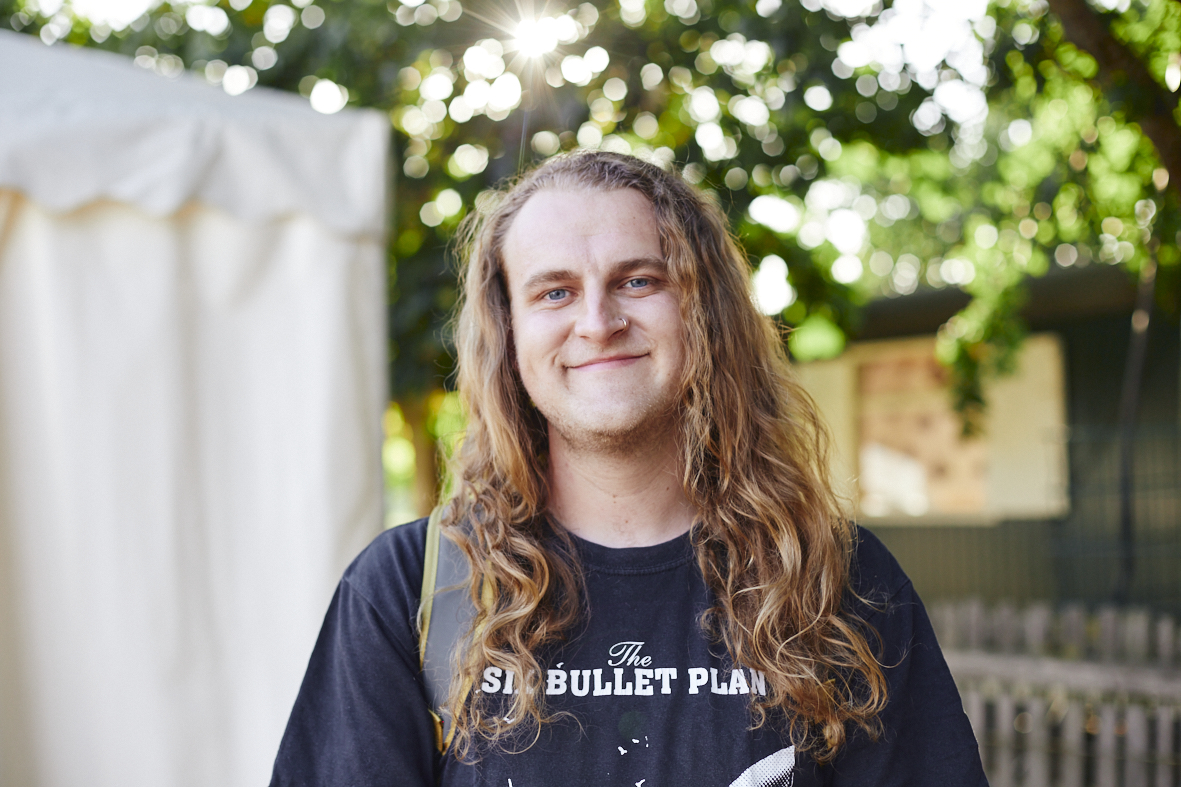
Rémi Almodt is a PhD candidate and research assistant in the Department of Journalism and Digital Media at Babeş-Bolyai University in Cluj-Napoca. His research interests currently focus on political (and virtual) communities in digital environments. This includes political actors and parties, activists and social movements, alternative and partisan news media. So far, his work has focused on narratives, framing analysis, and network analysis of European far-right communities within different social media and digital communication platforms. His teaching activities include seminars focusing on media analysis (narratives and visuals), new media theory, visual communication and the intersection of media and popular culture.
Alexandra Szilagyi
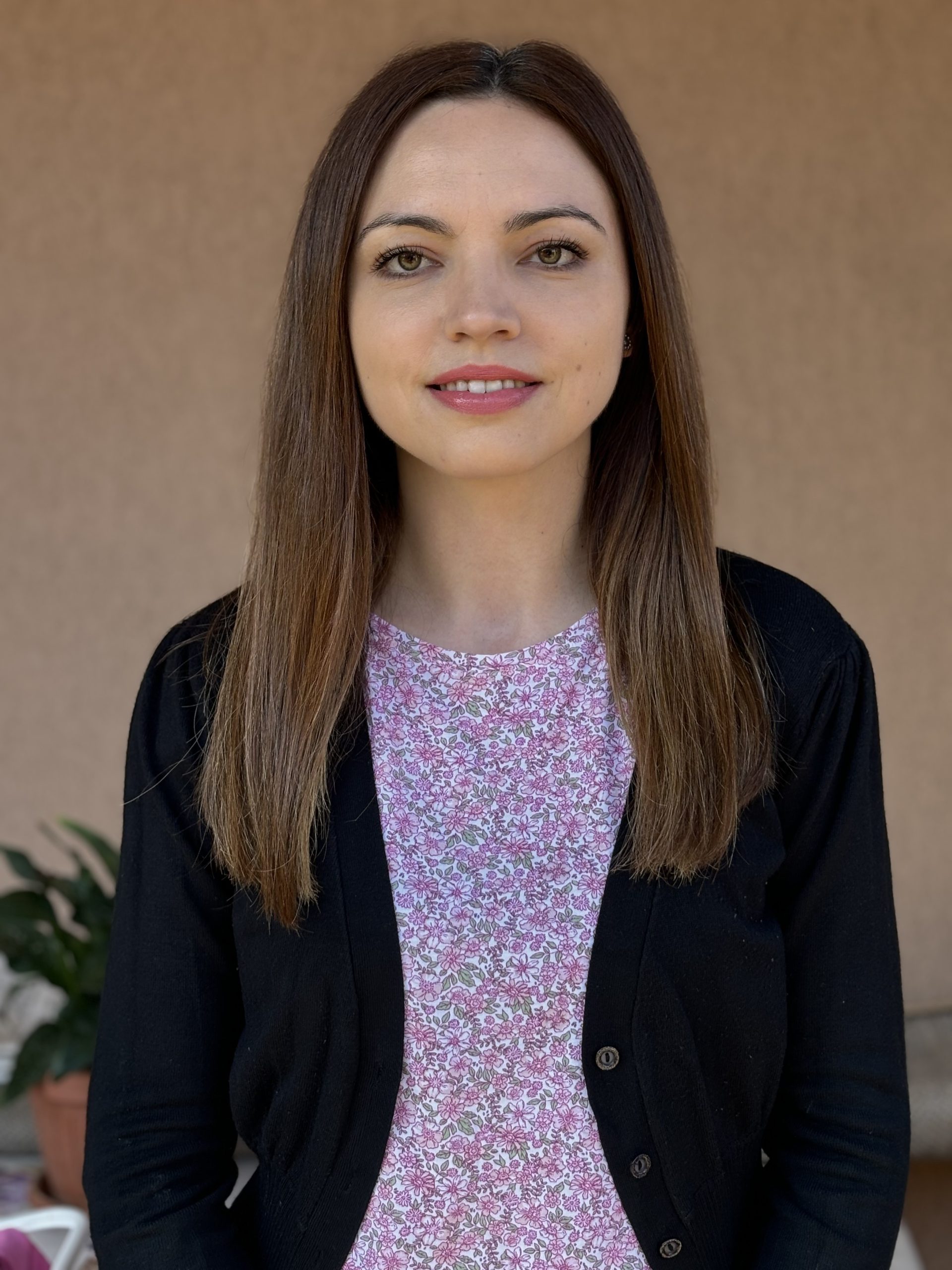
Alexandra Szilagyi is a PhD lecturer at the Department of Journalism and Digital Media, within the Faculty of Political, Administrative, and Communication Sciences at Babeș-Bolyai University Cluj-Napoca, Romania. Since 2023, she has been a lecturer, having previously worked as a university assistant from 2021 to 2023 and a research assistant from 2017 to 2021. In 2020, she obtained her PhD with a dissertation dedicated to the history of Romanian press.
She teaches courses and seminars in academic writing, media research methods, media studies, and academic ethics and integrity, both in Romanian and English. Her research interests focus on press history, media studies, and the media representation of current phenomena.
Besides regular classes, she collaborates with students within the extracurricular project StudentPress, a narrative long-form journalism newsroom. She has also been a trainer in the EUFactcheck project, organized by EJTA, where she guided students in writing fact-checking articles.
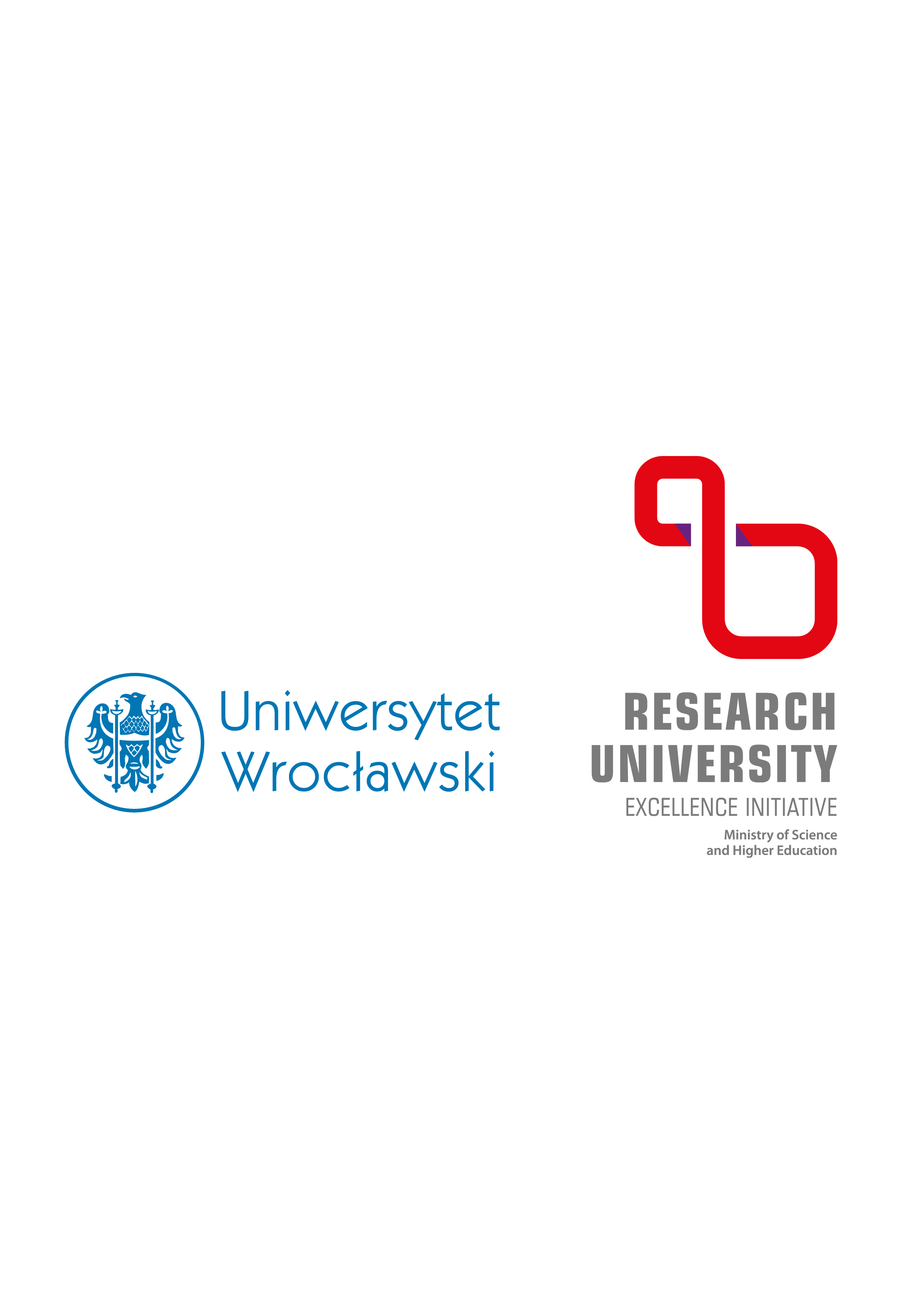
University of Wrocław (UWr) is a public university located in Wrocław. The Institute of Political Science at University of Wrocław (formed in 1969) is one of the biggest and the most dynamic centres of political science research in Poland, with 300 students (50 students graduate every year), 50 doctoral students and 56 employees. The Institute of Political Science at University of Wrocław cooperates with the Institute of Journalism and Social Communication (https://dziennikarstwo.uni.wroc.pl/en/institute/about/), which so far provided its education to over two thousand students of journalism. Its research activities include following areas: processes of political communication, functions of mass media in contemporary societies, journalism studies, media law, and public opinion research. The Institute teaches future journalists and other media professionals, offers many practical workshops, and publishes the University of Wrocław Press series “Communication and Media” and Peter Lang series “Studies in Communication and Politics”. Both Institutes act as Polish partners of European Journalism Observatory project.
Dr. Michał Kuś
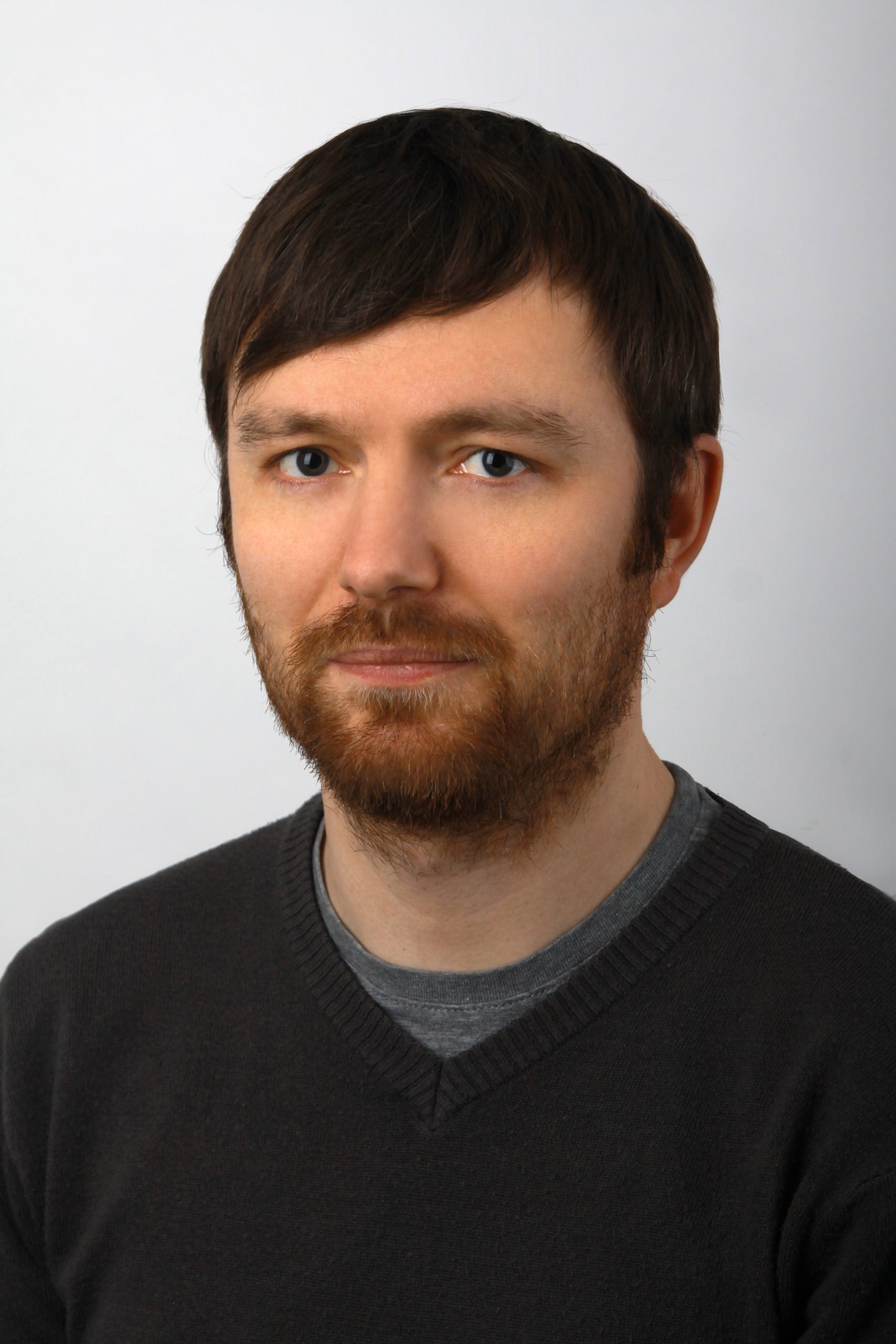
Michał Kuś received his PhD from the Department of Political Science at the University of Wrocław (2010), presenting the thesis on political and economic environment of Spanish audiovisual media market. He has also taught several courses in political communication and journalism. In the period 2010-2013 he has coordinated (fully) administrative and (partially) academic activities in Polish part of EU framework project the “Media Accountability and Transparency in Europe” (MediaAct) (FP7). His research focuses on media systems (especially in aspect of media control, ownership, and deregulation), relations between media and politics, media accountability and transparency, and journalism studies. He also works as project director for the European Journalism Observatory (EJO), Polish edition.
Dr. Kamil Glinka
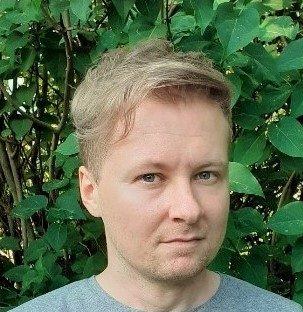
Kamil Glinka has received his PhD from the Institute of Political Science at the University of Wrocław (2018), presenting the thesis on urban policy and marketing communication in Poland. He has also taught several courses in EU cohesion policy, public governance, marketing and media communication. In the period 2018-2021 he had conducted several international research projects such as “Urban Policy in the Strategic Perspective – from V4 to Ukraine” and “Understanding Identities and Regions. Perspectives on V4 and WB’, both financed by International Visegrad Fund (IVF). He also carried out a project “Urban dimension of European Community’s policy – genesis and evolution” at European University Institute (EUI) in Florence (2022). Currently, he holds a position of the coordinator of the project “Urban Post-COVID Recovery in the V4 Countries“ implemented within IVF Strategic Grant (2022-2025). His research focuses on cohesion policy, urban and regional governance and media communication. He also works as Bernard Steinacher Fellow 2022-2023 funded by METREX (Network of European Metropolitan Regions and Areas).
Prof. Adam Szynol
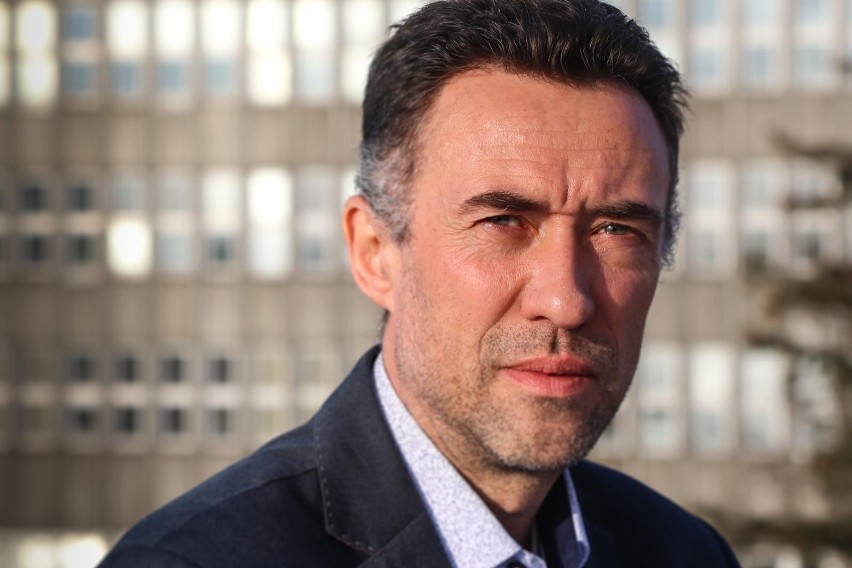
He received his PhD from the Faculty of Letters (2003) in the field of daily press in Lower Silesia and quite recently his habilitation in the discipline of Social Communication and Media (2021) presenting the thesis on regional dailies transformation in Poland. As a former journalist he teaches several courses connected to regional/local media, TV language, news & commentary programmes on Polish TV. For more than a decade he was responsible for candidates admissions in the two fields of studies (Journalism and Communication Management) which are at the highest demands as every year there is more than 1000 candidates for both of them. Currently he became a head of the Journalism Department and also the editor-in-chief of “Journalism and Media” journal, listed on the Ministry of Education and Science scoring scientific journals. He is a co-editor of Polish edition of European Journalism Observatory (EJO).
Dr. Michał Chlebowski / Polish radio and television journalist, lecturer, and researcher
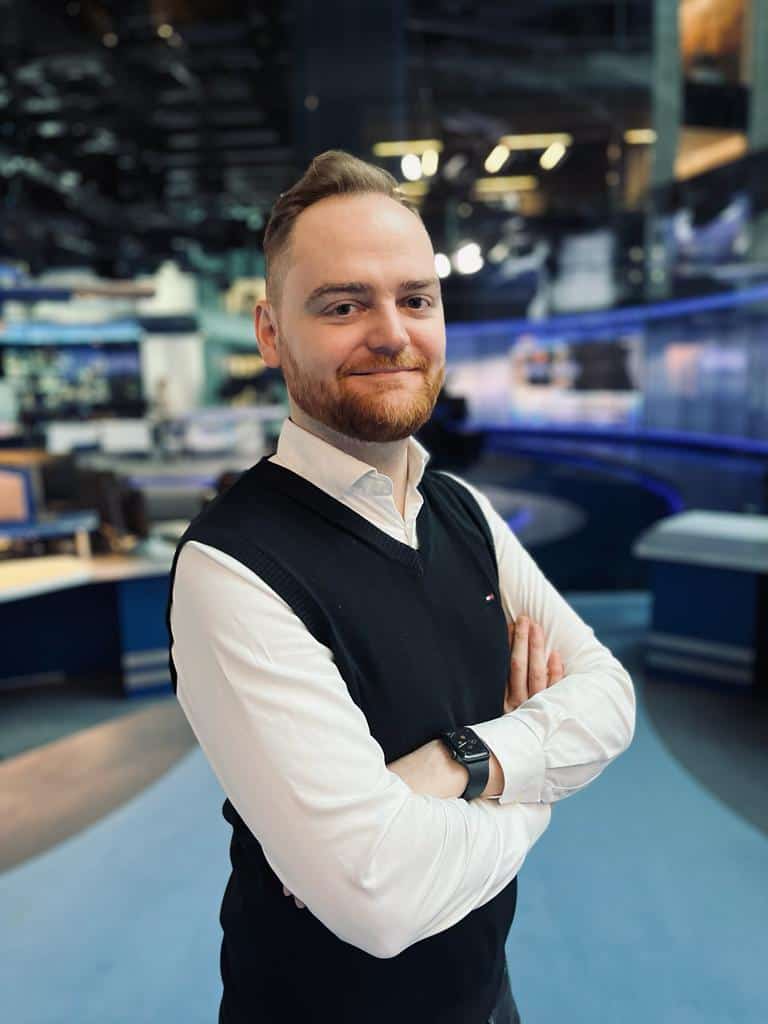
Chlebowski is an international expert in media ethics and journalistic standards. Since 2009 he has been working in a leading Polish news TV channel – TVN24, part of Warner Bros. Discovery in Poland, first as a reporter, now in the position of News Programming Standards Manager. In 2020, he defended the Ph.D. thesis focused on journalistic standards and the system of values of Polish journalists. His publications and research activities focus on different aspects of media accountability, journalistic standards, and practices. As a lecturer at the SWPS University in Warsaw, he conducts courses for BA and MA students. He also cooperates with other media experts in Europe in many different ways like working groups, visiting lectures, and international conferences and research projects.
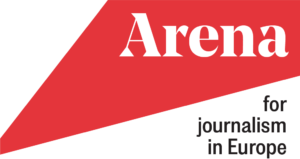
The association Arena for Journalism in Europe (ARENA) is a not for profit organization registered in the Netherlands. Arena supports collaborative journalism –journalists working with other journalists across geographical borders, and journalists working across professional borders with scholars or scientists as well as with civil society. Arena stipulates that collaborative journalism is crucial to knowledge sharing, critical thinking and political life in European societies. ARENA is a member of the Global Investigating Journalism Network. ARENA creates and coordinates a vast number of networks to promote and facilitate cross-border collaborative journalism. In 2021 Arena for Journalism in Europe is partner in a pioneering education for crossborder journalism with five European journalism schools.
Further, Arena hosts a recently founded organization of independent media partners from across Europe, it is called Reference – the European Independent Media Circle. Arena is active at mid-career training and MA level journalism education, which provides education in projects like Dataharvest – the European Investigative Journalism Conference, annually gathers some 500 journalists. In 2021, specialised teaching/training activities in the Arena Climate Network helped some 20 journalists to meet across borders, set up teams and do data/investigative journalism accompanied by trainings and mentorships. As of 2022, Arena is a partner in the Erasmus+ Crossborder Journalism Campus project, where 75 students of journalism from Gothenburg, Leipzig, Paris and possibly Amsterdam will be involved in a practice oriented crossborder journalism education programme.
Brigitte Alfter
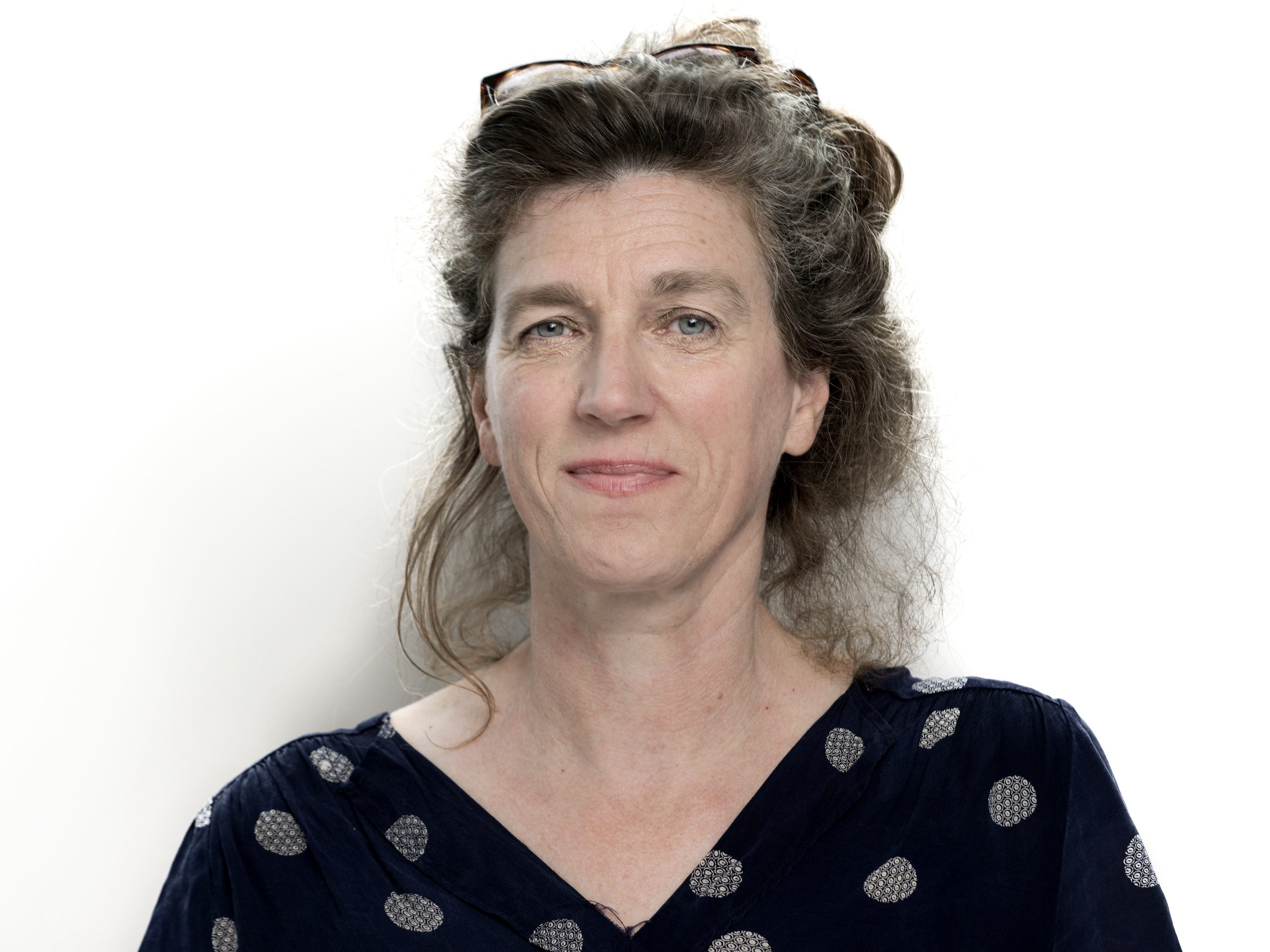
Brigitte Alfter, is a senior German-Danish journalist, editorial director for Arena for Journalism in Europe and lecturer at the University of Gothenburg. Having practiced journalism on local, national and European level, she realised the need for cross-border collaborative journalism structures. Since 2003, she thus has developed European support- and infrastructures for cross-border journalism along her own journalism practice. Today, she combines journalism practice including editorial advice and mentoring, entrepreneurial activities, teaching/training and academic research.
Trine Smistrup
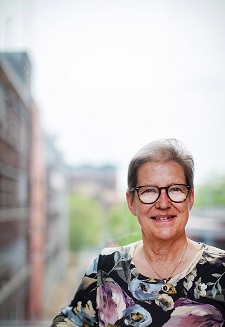
Trine Smistrup is a journalist and trainer, co-founder of Arena for Journalism in Europe, director of Dataharvest – the European Investigative Journalism conference and communications officer for Arena and Dataharvest. Trine has worked with journalism and training for journalists in Denmark, the Nordic countries, and Russia, and was involved in the SCOOP project, a peer-to-peer program for investigative journalism in Eastern Europe and Russia. Her special interest is making difficult subjects interesting and understandable for readers. She also holds a master’s degree in digital communications.
Adriana Homolová
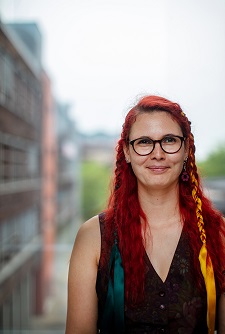
Adriana Homolova is a freelance data journalist, trainer and public spending nerd. At Dataharvest, she coordinates the data skills training. At other times, she writes scrapers and investigates European Union for Follow The Money’s Bureau Brussel and collects data on missing children in migration for Lost In Europe. Also, she is the go-to data journalists when it comes to European public tenders and spending data.
Hazel Sheffield
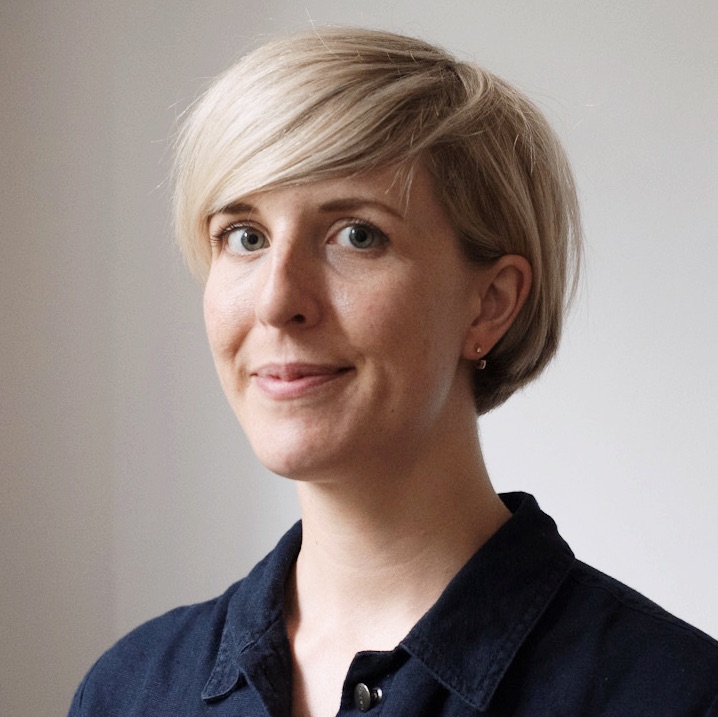
Hazel Sheffield is an investigative journalist and reporter for the Guardian, the Independent, the Financial Times, and many other UK and international publications. Hazel co-ordinated Money to Burn, a three-month investigation into the effect of Europe’s renewable energy subsidies on forests in Estonia. The investigation has been shortlisted for numerous awards, including the Sigma Data Awards, Covering Climate Now Awards and the IJ4EU Impact Award. It was highly commended in the innovation category at the 2021 European Press Prize. In 2022/3, Hazel is a European Journalism Fellow at the Freie Universität in Berlin.
